Annie Dillard’s Pilgrim at Tinker Creek & Henry David Thoreau’s Walden
Reflect on man’s relation to the wilderness & the beauty that can be found in solitude.
Following are a range of current and past courses offered by the Hertog Foundation to give a sense of what the experience of participating in a Hertog fellowship is like. Our fellowship programs were established in 2010 with Political Studies, and have since expanded to include Weekend Seminars, our two-week War Studies Program, and short-term Summer Courses. Take a moment to explore a sample of syllabi from our past programs.

Reflect on man’s relation to the wilderness & the beauty that can be found in solitude.
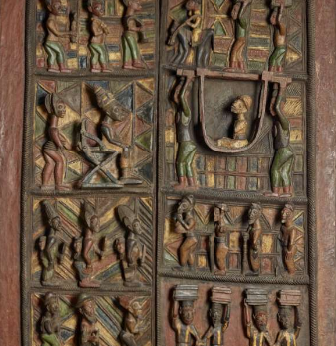
Reflect on two great novels from the father of modern African literature.
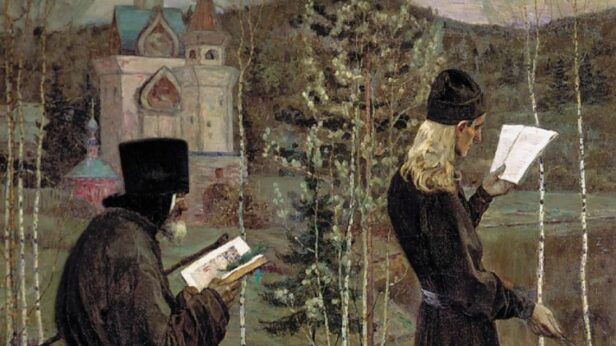
Meditate on Dostoevsky’s final – and greatest – novel.
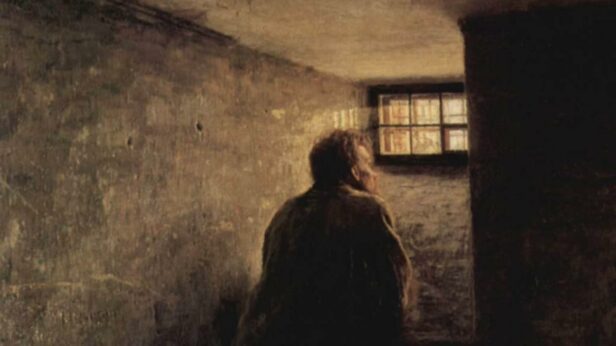
Study Dostoyevsky’s first great novel, an astonishing prophecy of ideological terror & social insanity.
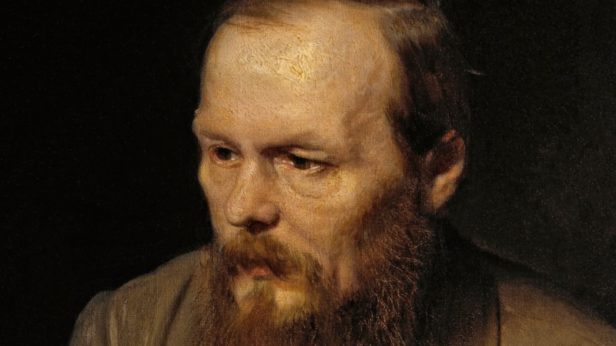
Study Dostoevsky's great novel on the nature, logic, and social origins of revolutionary politics.
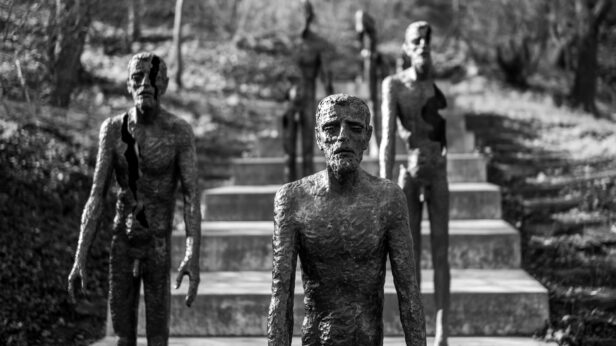
Reflect on the human consequence of modern thought with Doestovesky's 1864 novella.
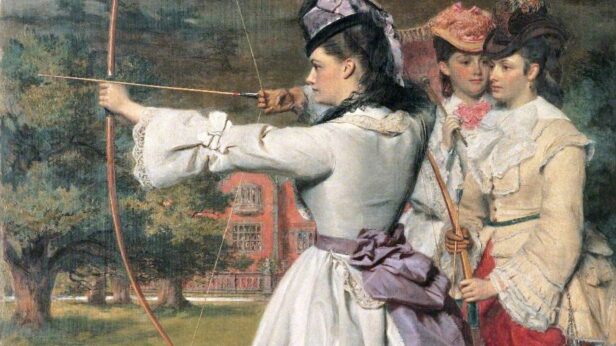
Compare America and Europe, aristocracy and democracy, in Wharton's classic novel.

Follow the transatlantic adventures of a social-climbing American in this classic novel.

Study one of literature's great heroines—Lily Bart—and her quest for love and freedom.
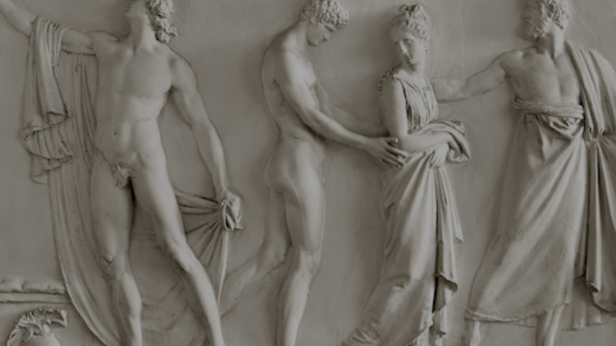
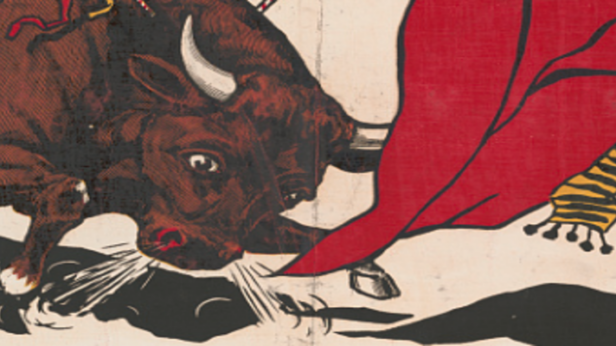
Read the classic postwar novel that made Hemingway the voice of the "Lost Generation."
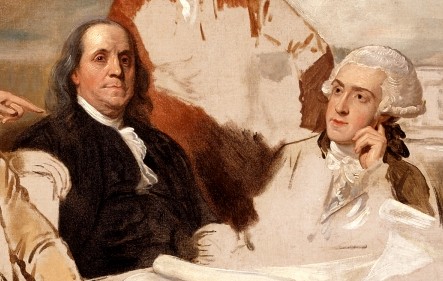
Reflect on what it means to be an American.

Devote your winter to Eliot’s masterpiece—one of the greatest novels in the English language.

Explore two alternative accounts of the existential condition & the proper human response to it.

Study Jane Austen's beloved novel of marriage and manners.

Read an epic poem of cosmic scope–from the rebellion against heaven to the creation of the world & man’s expulsion from Eden.
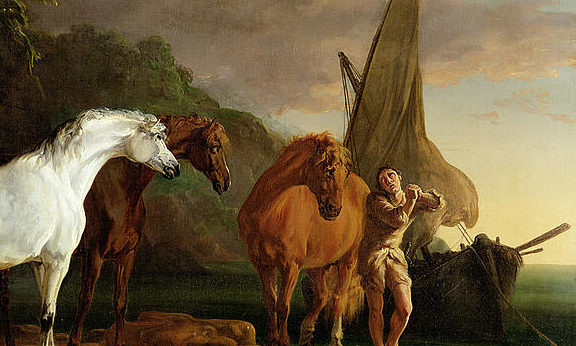
Revisit the quarrel between "the ancients and the moderns" and reflect on human nature with Swift's Gulliver's Travels.

Explore the fundamental human question of the nature and existence of God with Melville's great American novel.
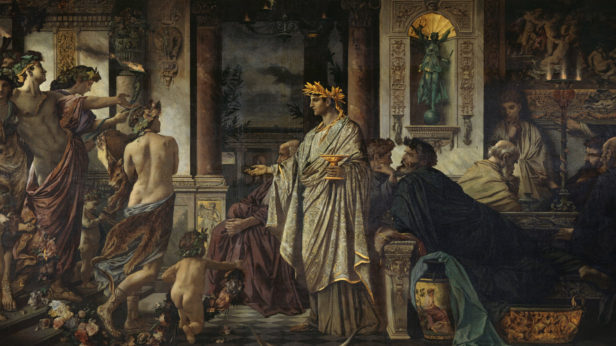
Explore the contributions of literature and rhetoric to the study of politics.

Engage in literary, scientific, and ethical study of Artificial Intelligence.

Read the story of a doomed poet & his wife's heroic dedication to the preservation of his verse.
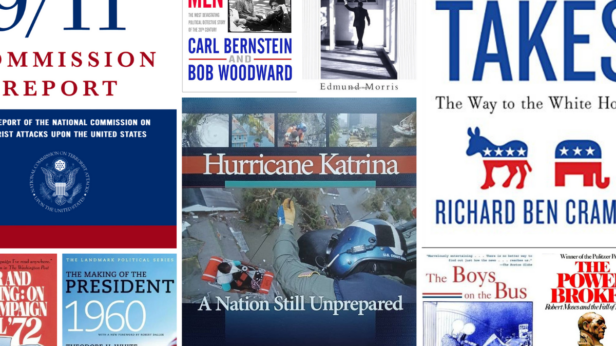
Study classics in political writing & learn how to do what the authors do.

Study this monumental work on race, identity, and citizenship in America.
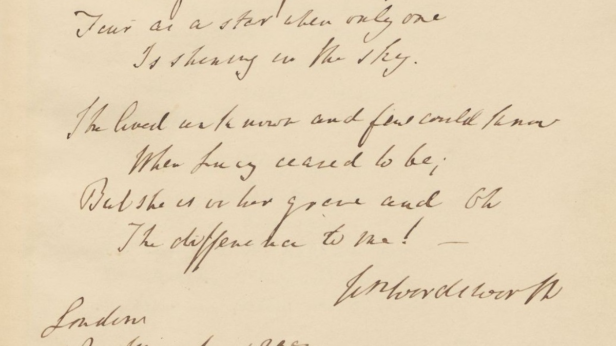
Explore the political and social turmoil of the Romantic Period with Blake, Wordsworth, Byron, and more.

Reflect on a novel rich with themes of politics, philosophy, religion, love, friendship, and death.

Read a novel about the essential human things: faith, reason, love, friendship, poetry, & philosophy.
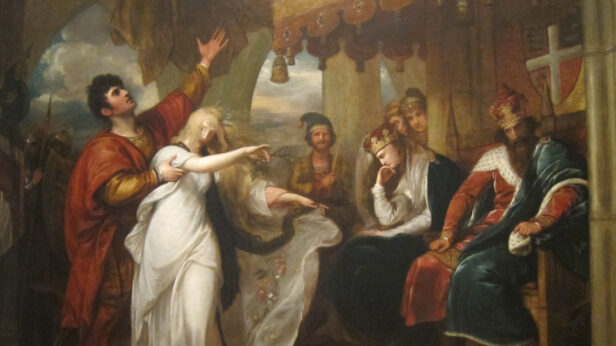
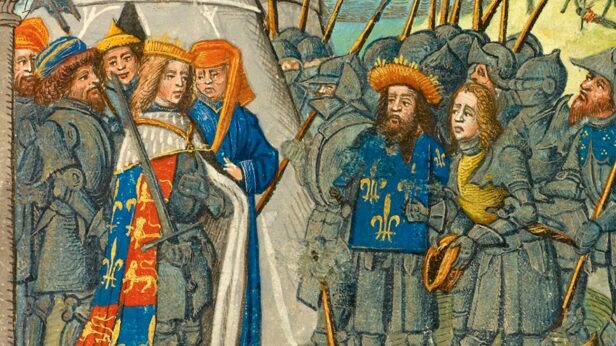
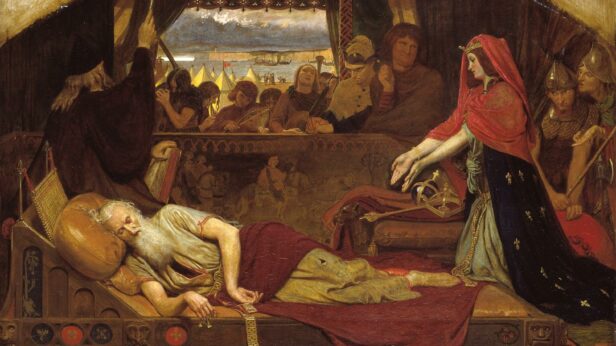
Explore the political themes in Shakespeare's The Tempest and King Lear.
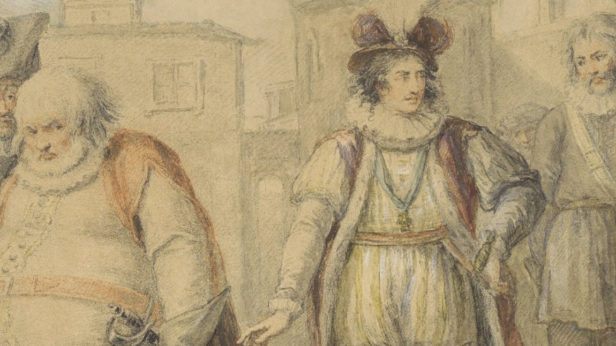
Explore the political and religious contexts of Shakespeare's plays.
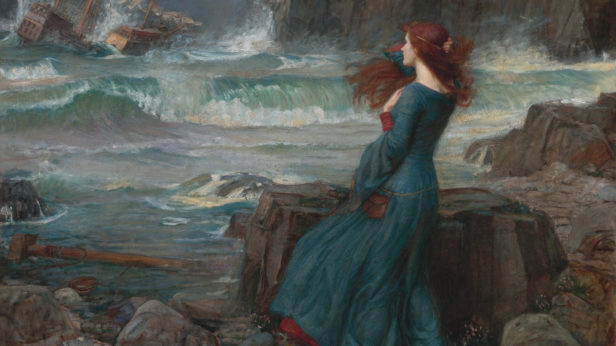
Meditate on the nature of political authority with one of Shakespeare's greatest plays.
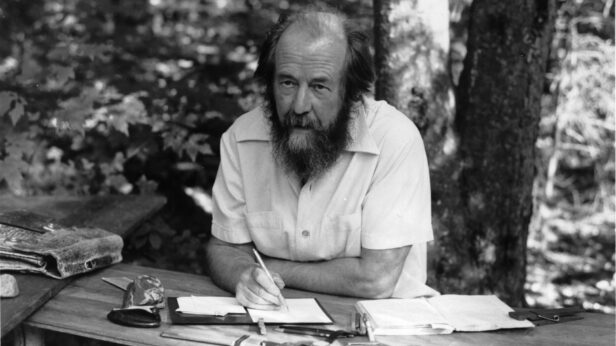
Read Solzhenitsyn's searing & deep indictment of the Communist project for its 50th anniversary.
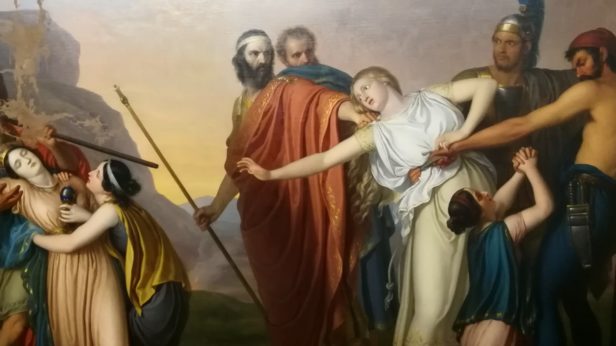
Consider the conflicting understandings of the familial, the divine, and the political, and their proper relationships through Antigone.
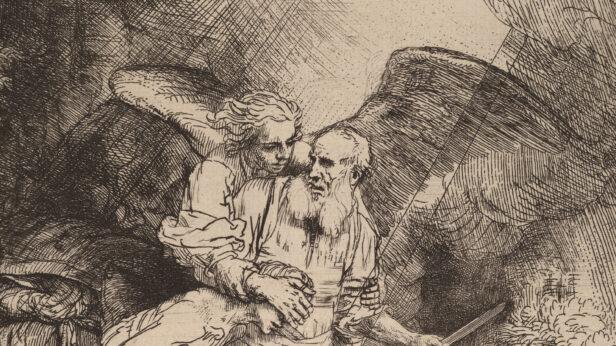
Inquire into the ultimacy of faith, the limits of rationality, & their implications for understanding the good life.
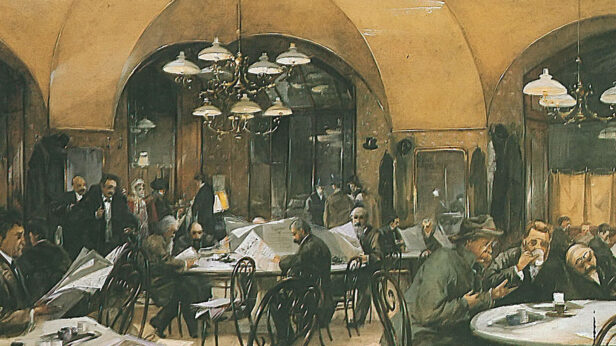
Read a poignant elegy for a culture destroyed by the two world wars.

Discover what Thucydides can teach us about the permanent questions of political life.

Read Tom Wolfe’s devastating, irresistible satire of urban and racial politics.

Explore visions of utopian & dystopian societies in three short novels.
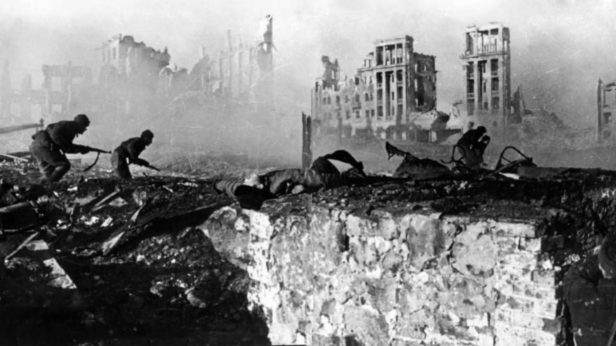
Read the novel known as the Soviet War & Peace, & reflect on the nature of totalitarianism.
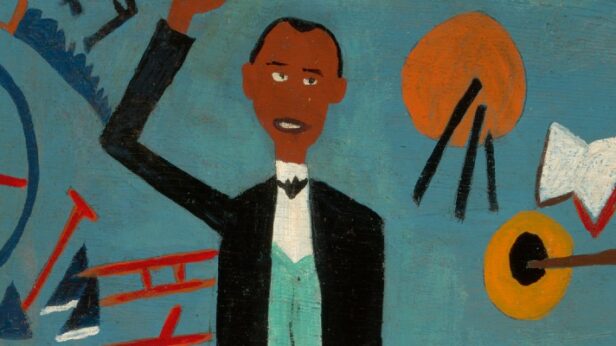
Study the moral vision & subtle statesmanship of Booker T. Washington.
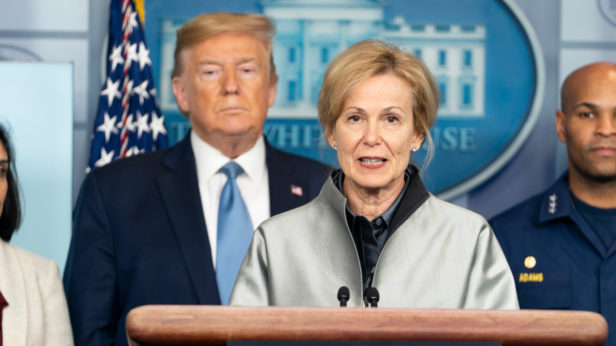
Examine case studies in American history to better understand presidential crisis management.
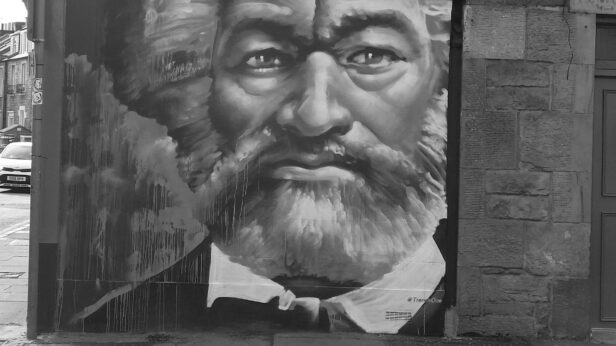
Learn how the political tradition of Black Americans has made an indelible impression on American history.
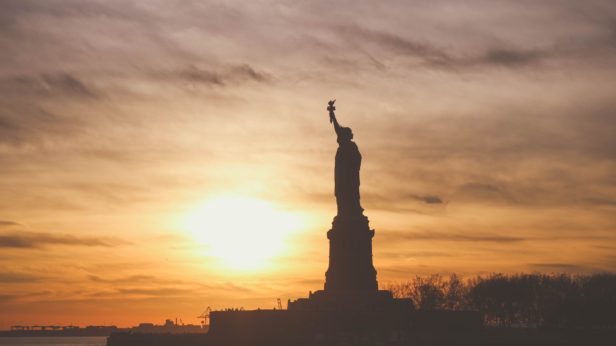
Examine the broad challenges to American greatness, today and in the future.
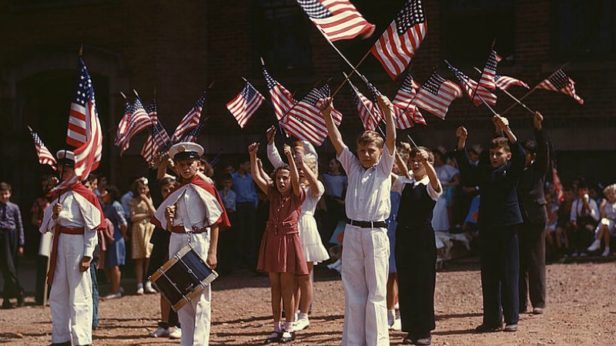
Explore issues of American identity, character, and citizenship with classic short stories.
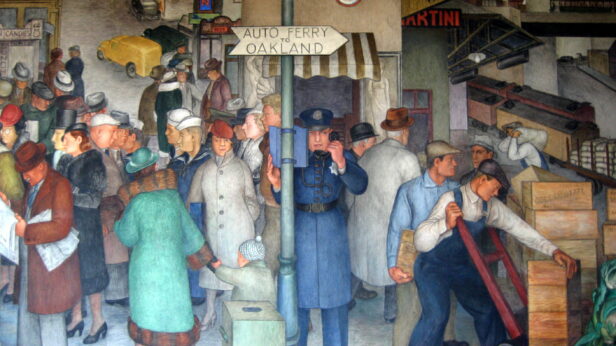
Consider the intersection of theory and practice in our key economic debates.
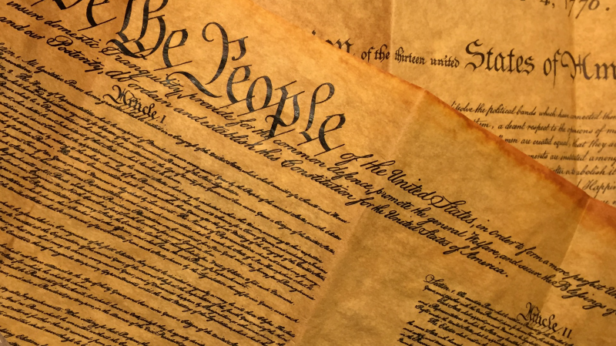
Explore the central ideas that have given shape to American democracy.
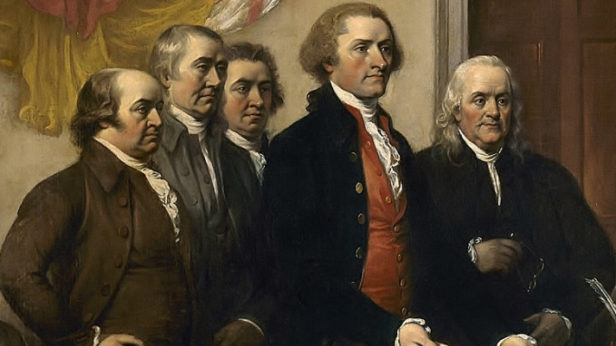
Engage key texts that have helped shape the political idea – and political ideals – of America.
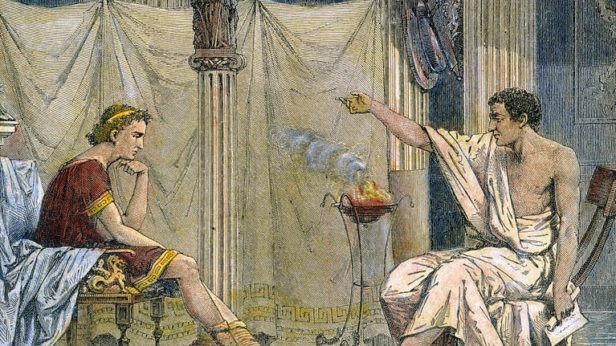
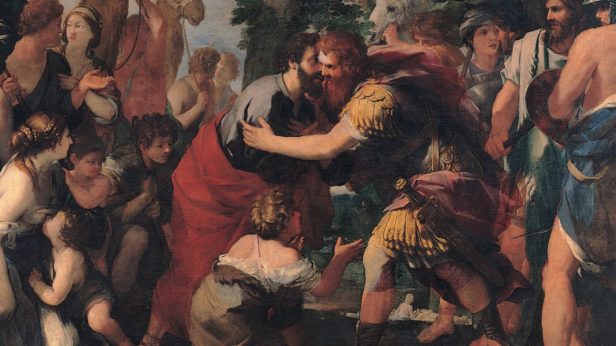
Explore the political teaching of the Book of Genesis.
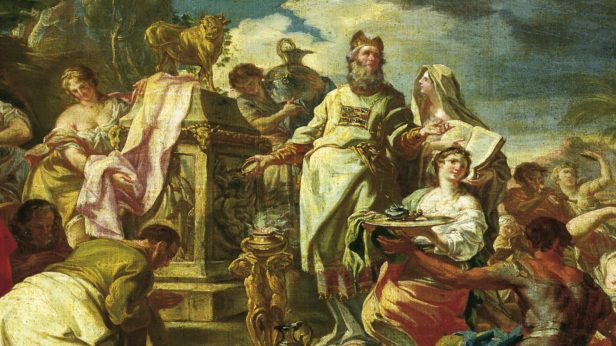
Explore the biblical view of the human condition with readings from Genesis and Exodus.

Understand the biotechnology revolution and what it means for ethics and politics.
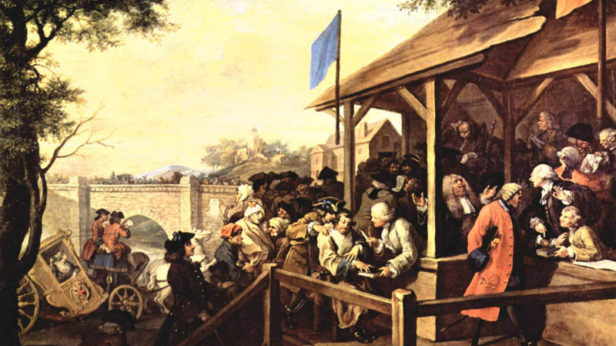
Explore the Anglo-American conservative political tradition through the writings of Edmund Burke.

Consider the impact of the Internet on our political discourse and associational life.
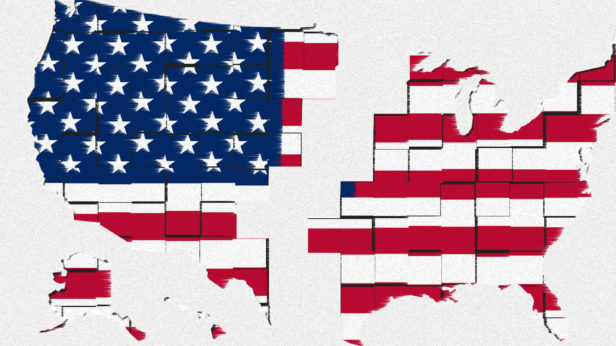
Investigate the debate over parties by examining their nature and role in American political life.
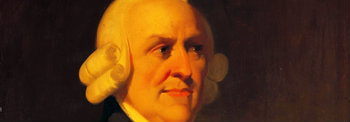
Explore the relationship between capitalism and democracy.
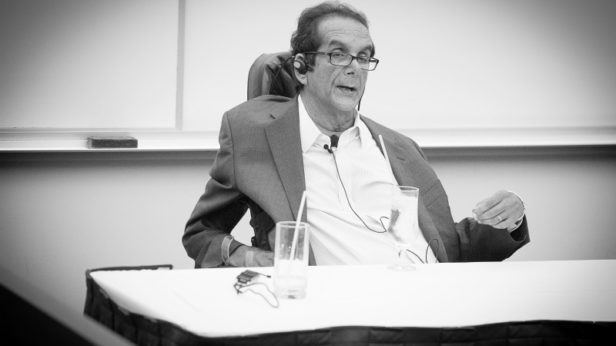
Study the writing and life of one of America's most prominent conservative thinkers.
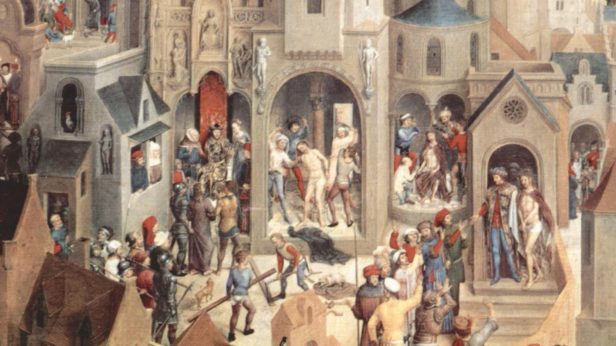
Examine the relationship of religion to politics through the work of canonical authors who wrestle with Biblical religion.
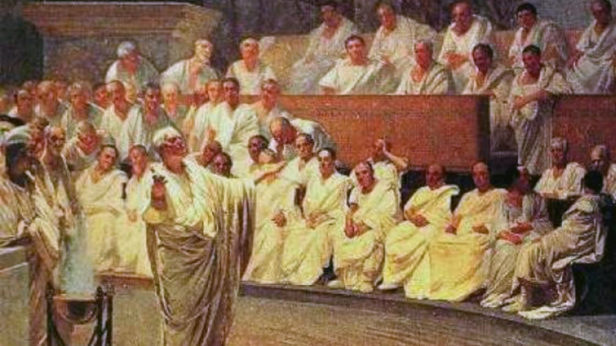
Reflect on the responsibility of citizens to cultivate and wield the power of political speech.
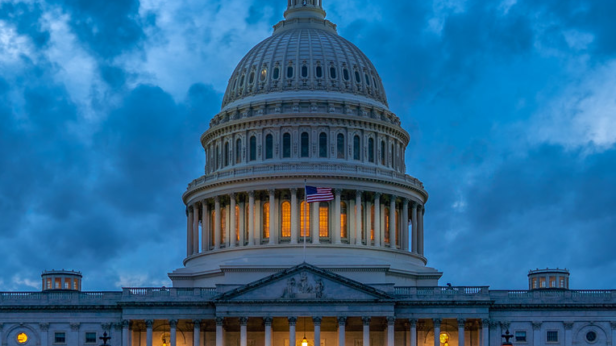
Examine the ideology of “neoliberalism” and its challengers.

Study how public policy is made and implemented in the United States.

Examine the challenges of regulatory growth for limited government.
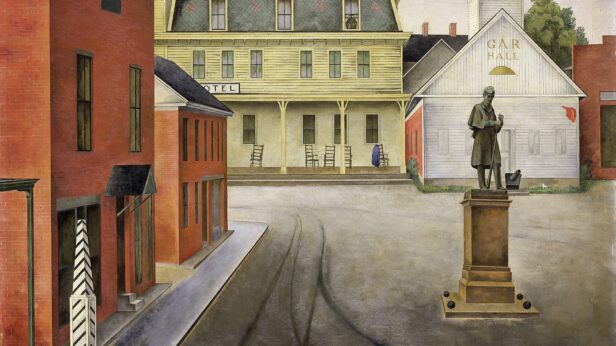
Examine the political, religious, and social character of American democracy.
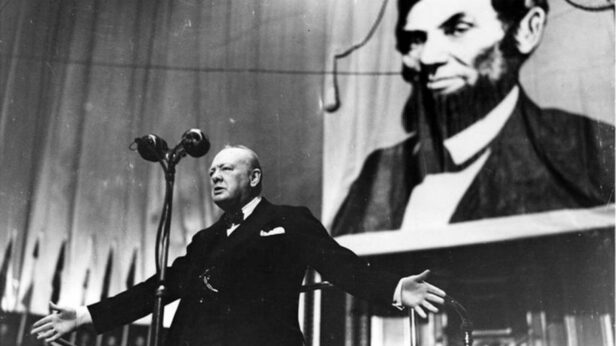
Study the art and craft of democratic statesmanship.

Study the thought of the two major figures in American Transcendentalism.
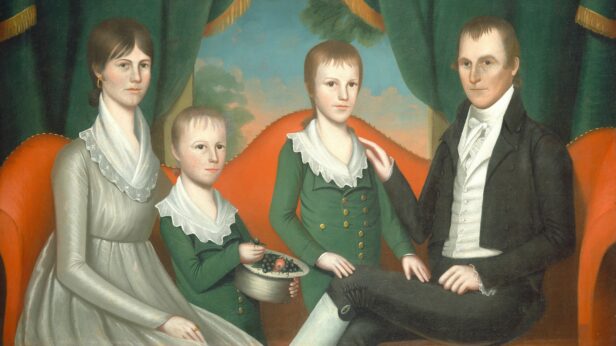
Consider both the philosophical & empirical aspects of family policy.
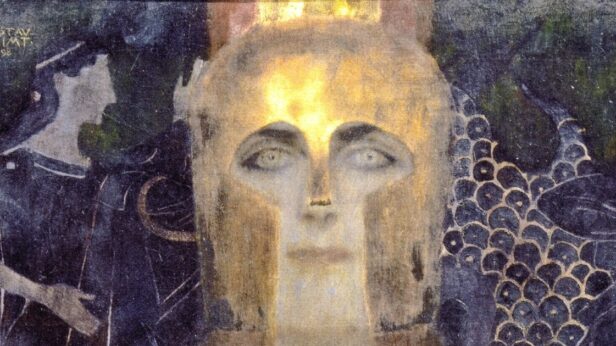
Delve into the principles of political rhetoric or explore Shakespeare's lessons for politics.
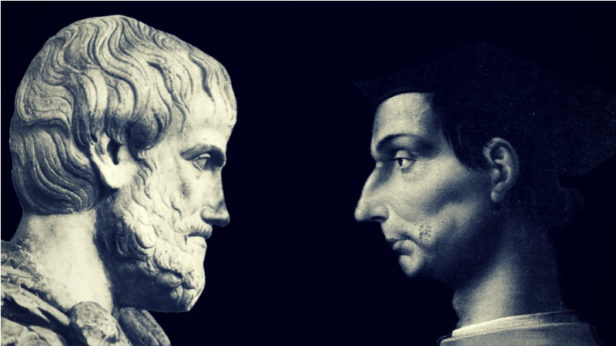
Explore the differences between ancient and modern political philosophy, with a focus on texts by Aristotle and Machiavelli.
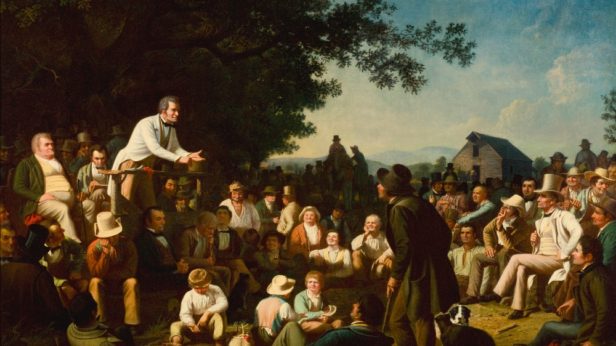
Situate the classic debate over free speech in both historical and contemporary context.
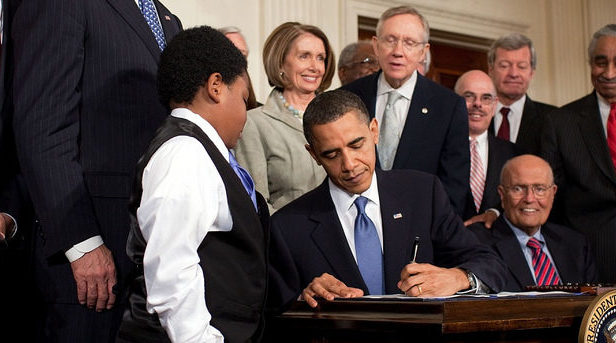
Understand the state of U.S. health care policy and the possibilities for reform.
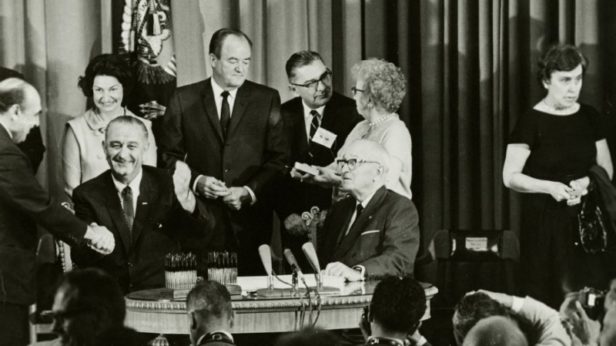
Examine the theoretical roots and foundations of social welfare policy, particularly as it pertains to health care.
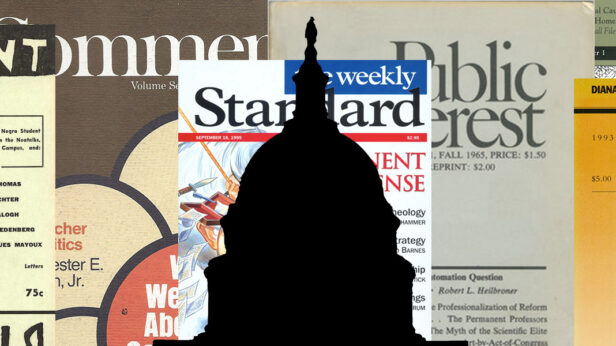
Debate policy ideas and explore what is required for an idea to become politically impactful.
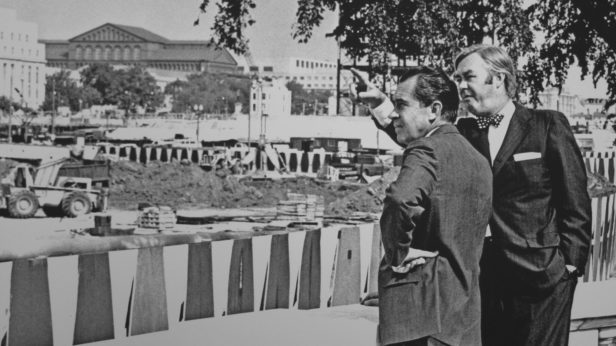
Examine the influence of ideas in some of our key policy debates.
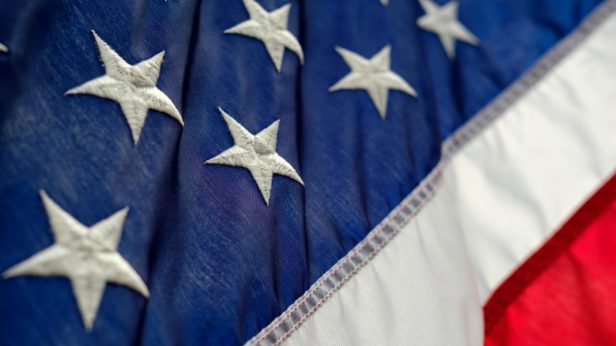
Explore the idea of American Exceptionalism, its meaning and implications for American politics.
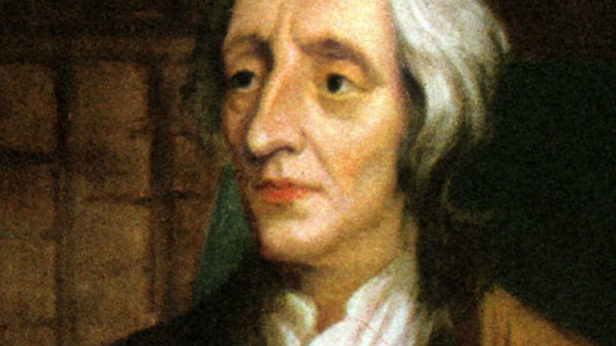
Study the principal political writings of John Locke, whose views on political liberty helped shape the U.S. Constitution.
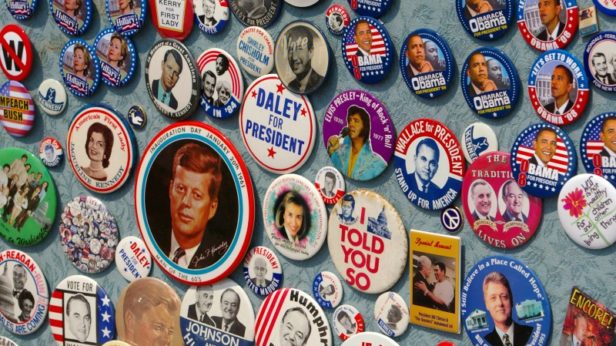
Study the two great rival partisan interpretations of liberal democracy in America.
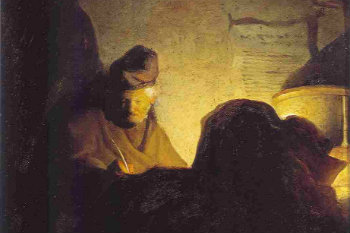
Consider the relationship of politics and philosophy through a close reading Leo Strauss’s Persecution and the Art of Writing.

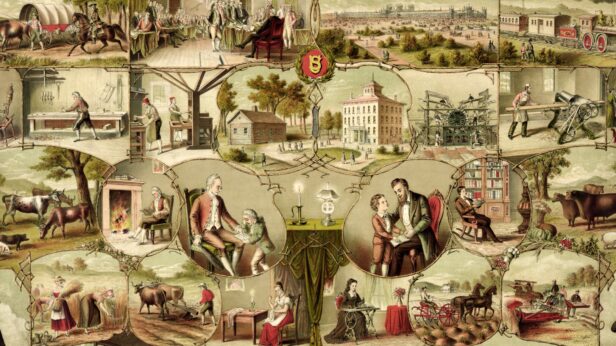
Reflect on what is required today to sustain (or revive) our free and liberal society.
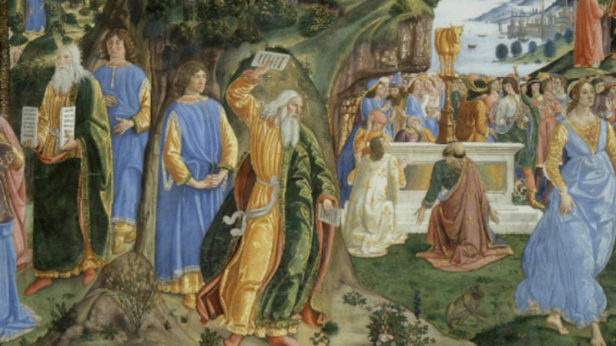
Explore the boundaries of politics from the perspective of the household and the divine.
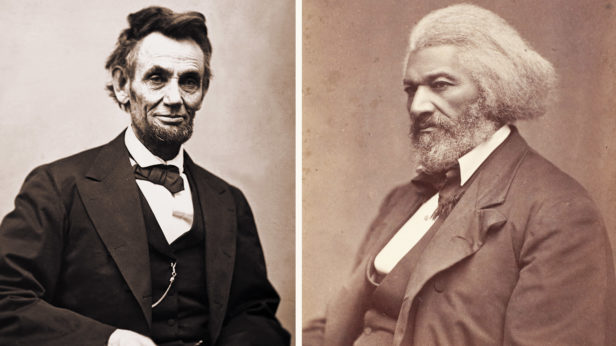
Reflect on the writings of Abraham Lincoln and Frederick Douglass -- and their crucial role in America’s confrontation with slavery.
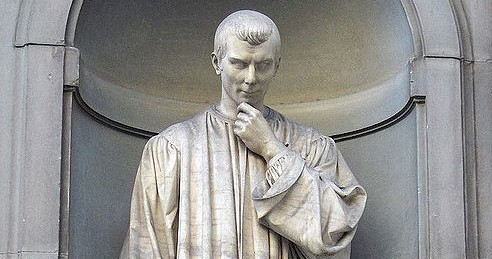
Study the classic treatise that brought Machiavelli fame—and infamy.
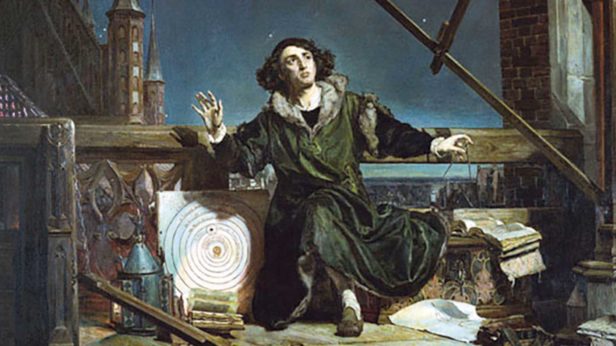
Reexamine the purpose of science, and the relationship between science, technology, and politics.
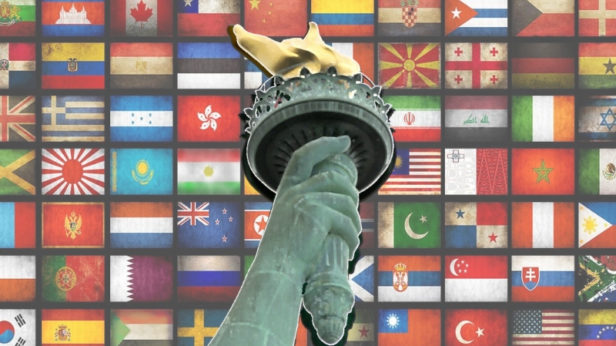
Understand the rise of nationalism and the crisis of liberal democracy.
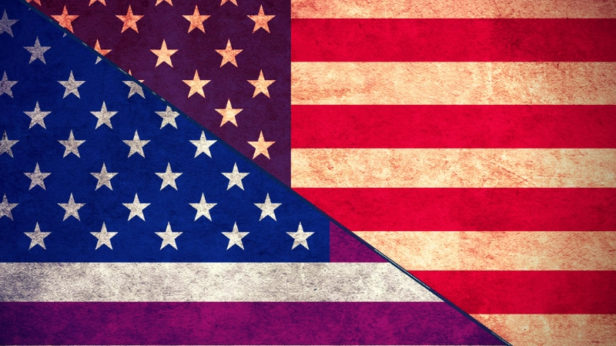
Explore how societal trends and political parties have reshaped the character of America's partisan attachments.
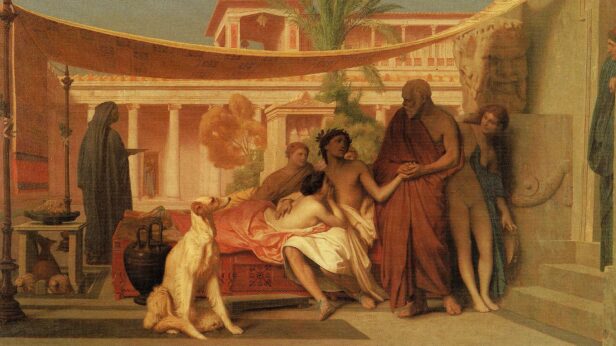
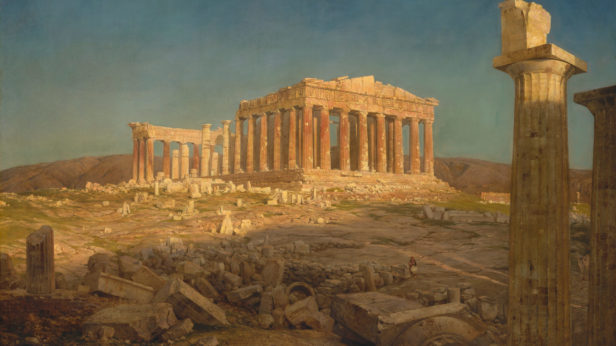
Study Plato’s Republic, perhaps the greatest work of political philosophy ever written.
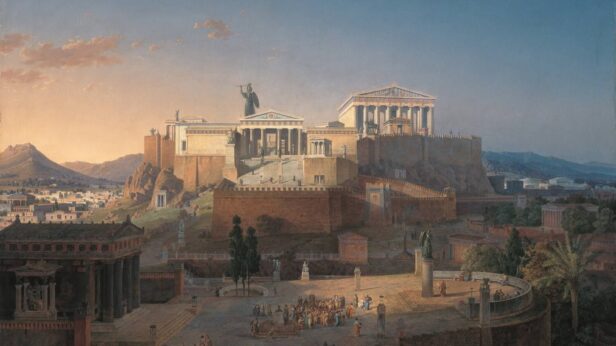
Study a pillar of the Western political tradition: Plato's Republic.
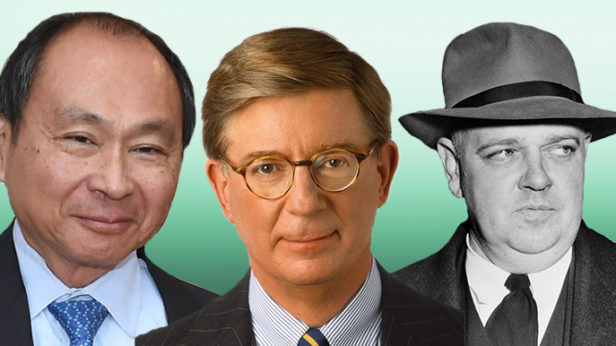
Track the ideological odysseys of five public intellectuals who broke ranks with their fellow partisans.
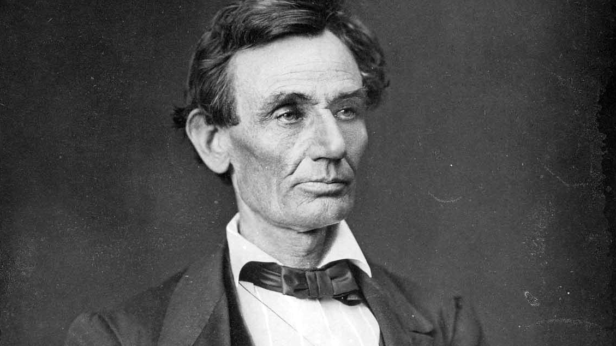
Understand Lincoln, not just as the greatest of presidents, but as a man of great ideas as well.
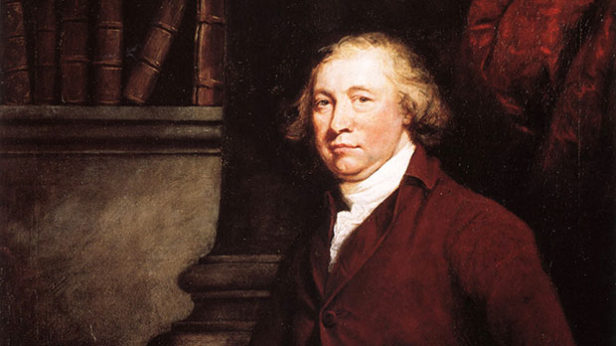
Study the work of Edmund Burke, the West’s first and arguably greatest conservative thinker.

Study classic examples of rhetoric and contemporary political speeches.
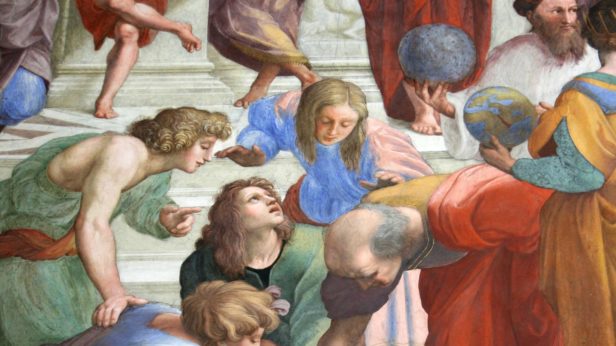
Explore the relation between the two highest kinds of knowledge—reason and faith.
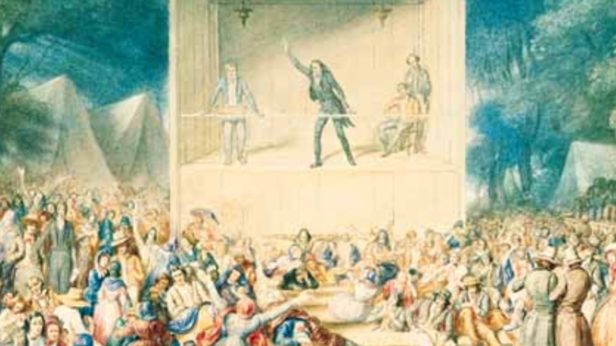
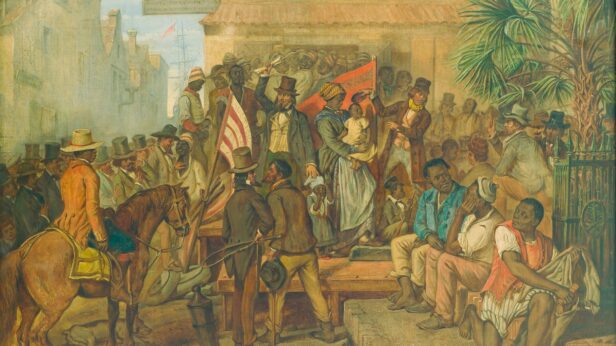
Consider the status of slavery and race in the American Founding.
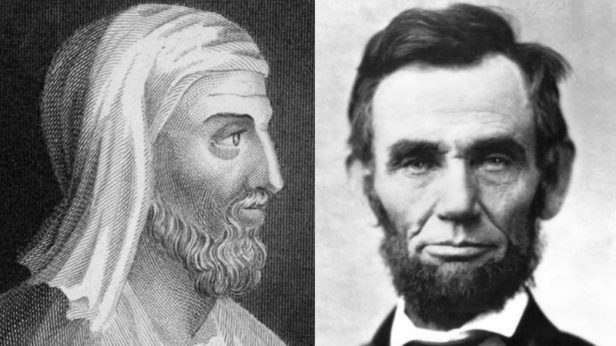
Examine the idea of statesmanship, through a classic text and the statecraft of Abraham Lincoln.
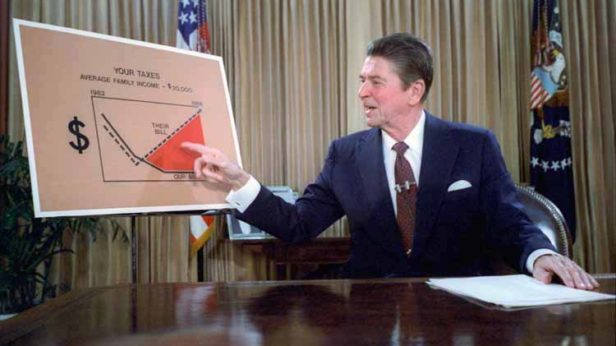
Study the influence of ideas in four areas of policy contention—taxation, regulation, welfare, and abortion.
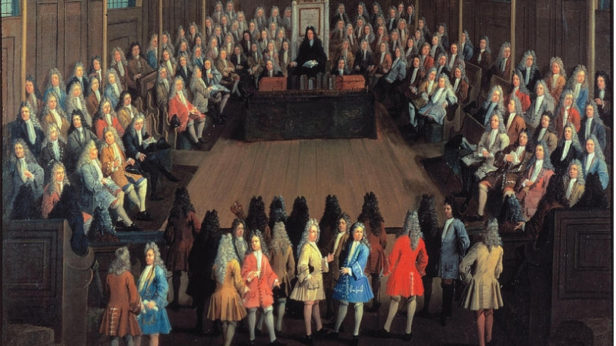
Study the intellectual roots of conservative thought, focusing on the works of Adam Smith and Edmund Burke.
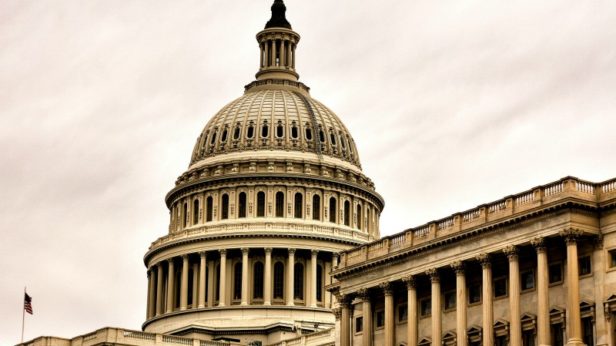
Examine three fundamental changes in American government and the political roots of these changes.
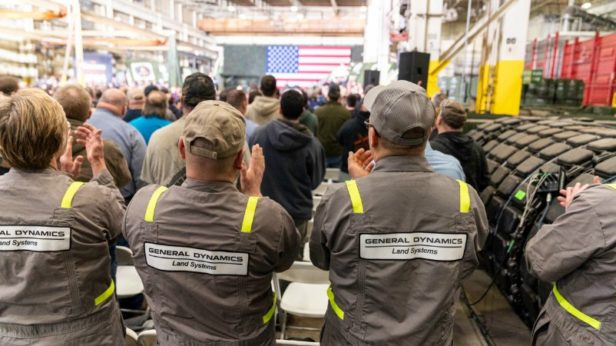
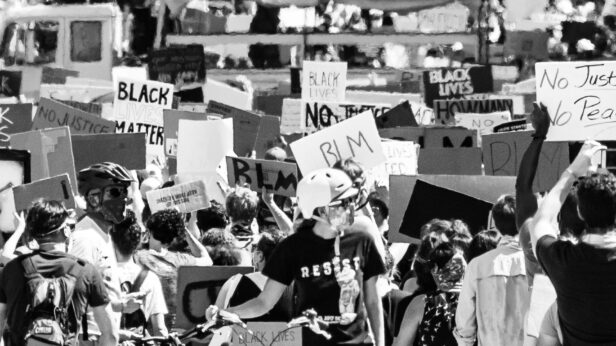
Explore how the idea of social justice is transforming U.S. politics.
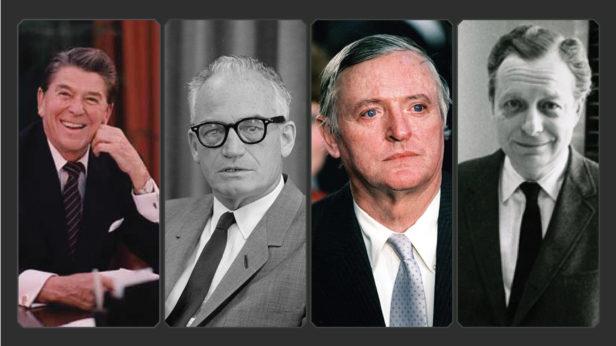
Discover the intellectual roots of modern conservatism.
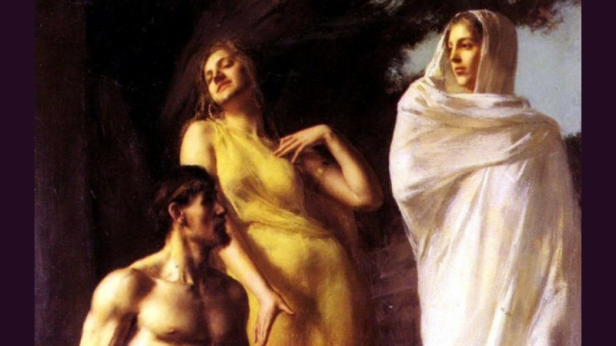
Consider the relationship of virtue to political power.
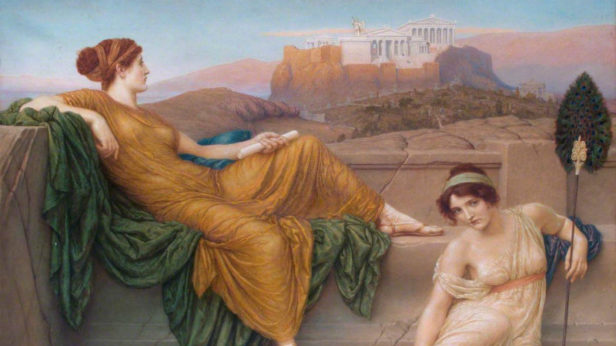
Reflect on the enduring value of liberal education and its importance for a free society.
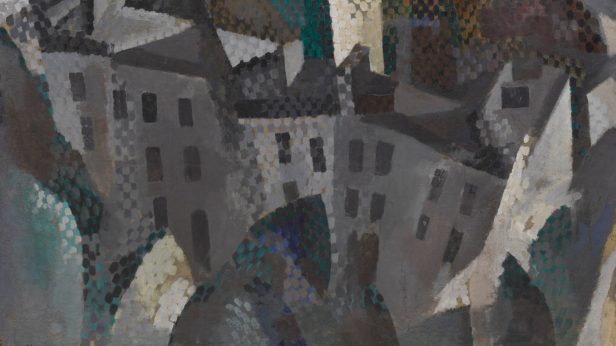
Reexamine liberal modernity, or that distinctive form of politics based on the natural freedom and equality of all.
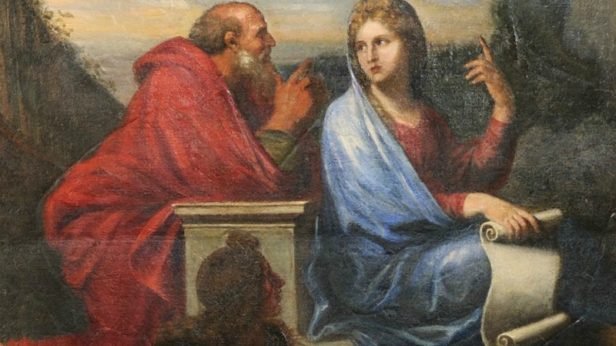
Explore the work of Leo Strauss, one of the twentieth century’s most consequential teachers and scholars of political philosophy.
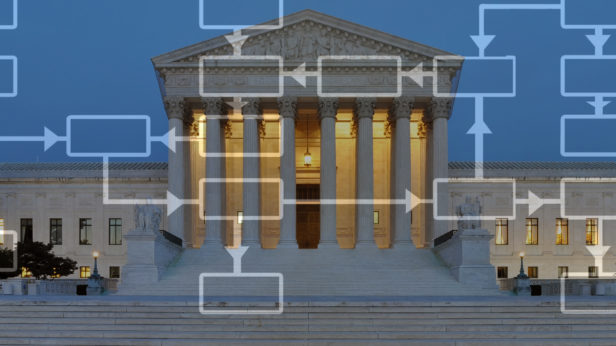
Learn how policy is translated through the administrative state and the courts.
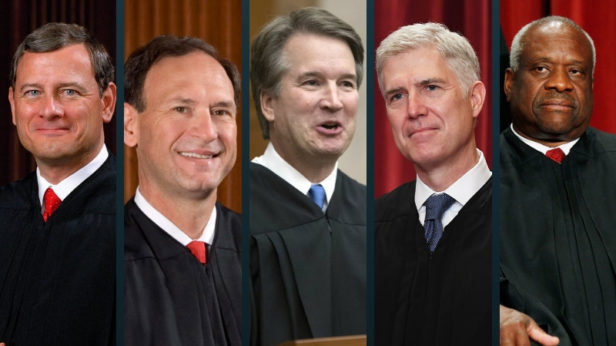
Explore the debates within conservative legal thought on the courts and the Constitution.
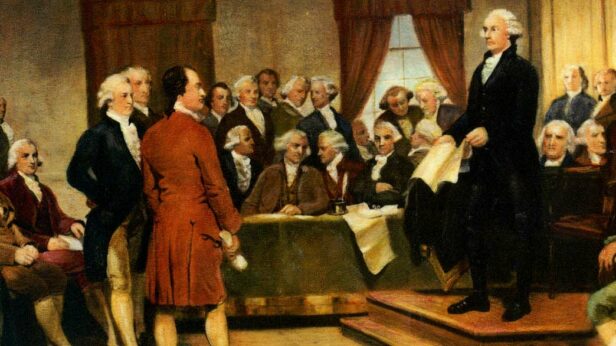
Evaluate the Constitutional Convention’s work through a close reading of The Federalist and the writings of the Anti-Federalists.
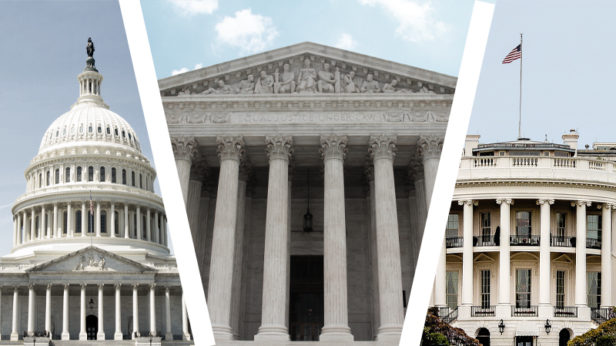
Consider The Federalist Papers anew through the lens of current events.
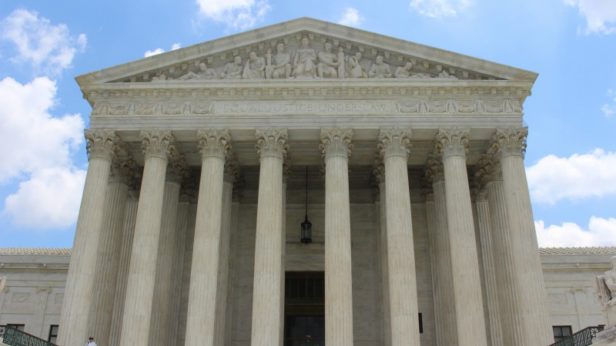
Study five landmark Supreme Court cases with a view to exploring how politics and law interact.
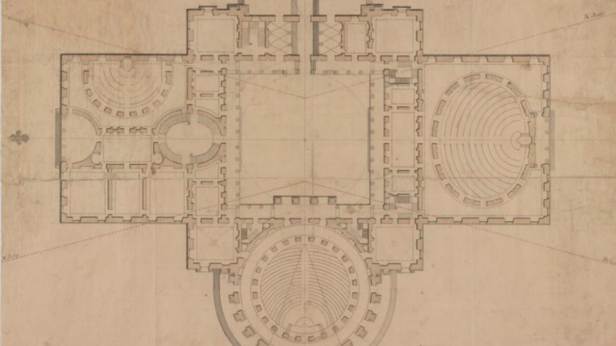
Gain a deeper understanding of our Constitution by studying the political debates surrounding its founding.
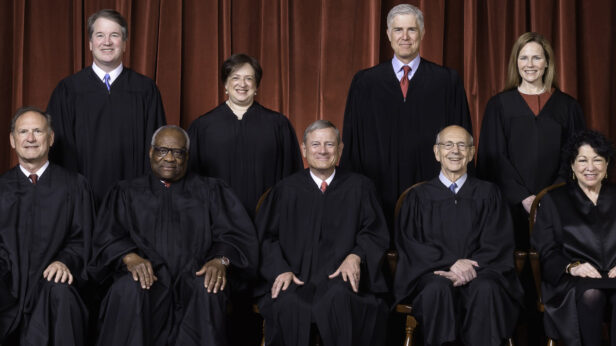
Explore how the new conservative supermajority will change the Court.
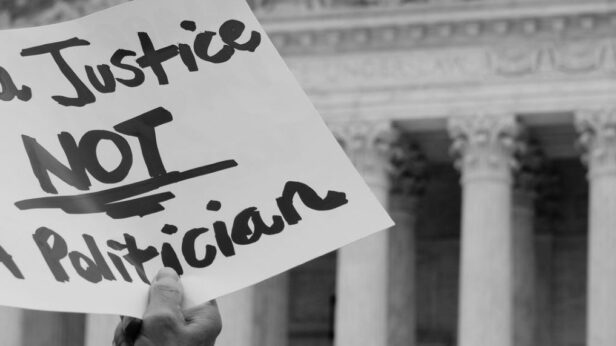
Consider landmark decisions that could be overturned & their implications for American politics.
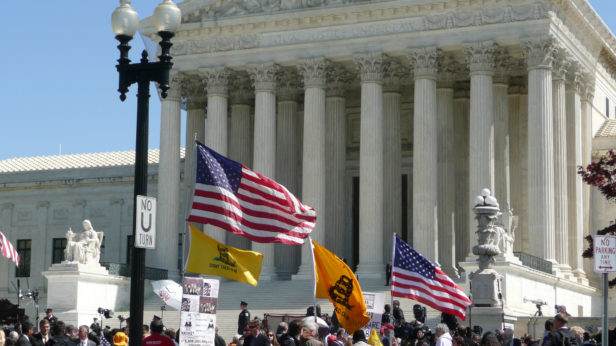
Study two landmark cases from a momentous Supreme Court term.
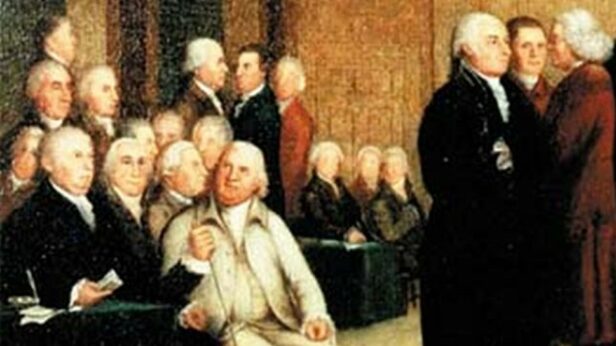
Revisit key constitutional questions through the lens of history and law.
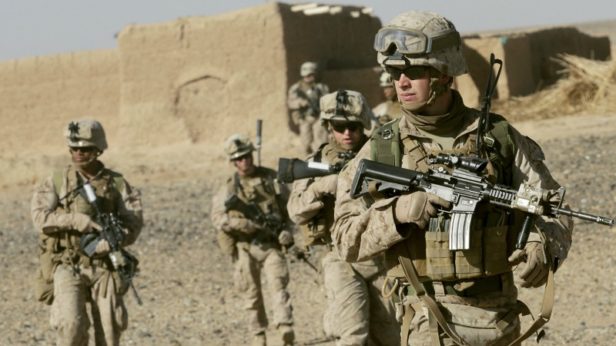
Examine the debates surrounding America’s campaign in Afghanistan.
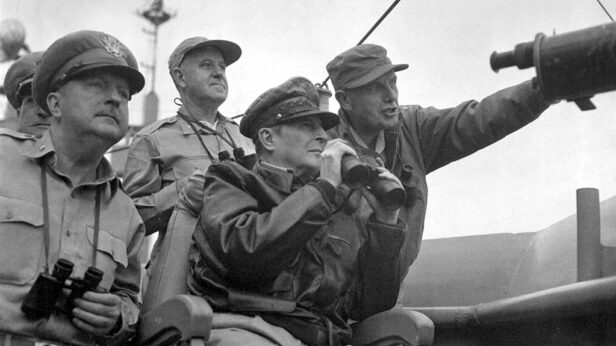
Explore U.S. grand strategy from the Founding to the present day.
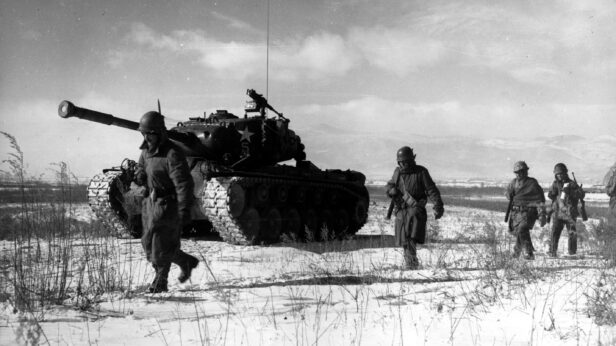
Study the Korean War and the lessons it offers for U.S.-China competition.
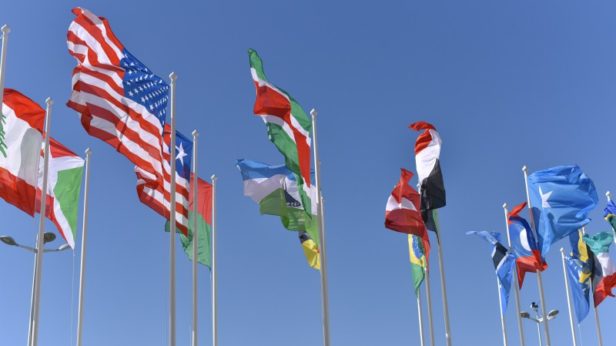
Examine the political and moral questions surrounding nationalism and nation-states.

Understand the Arab Spring and how, together with its aftermath, it has changed American priorities and strategies.

Study the fundamentals of the behavioral & cultural aspects of China’s government & military forces.

Examine China’s past and current use of force in the context of its strategic culture and traditions.
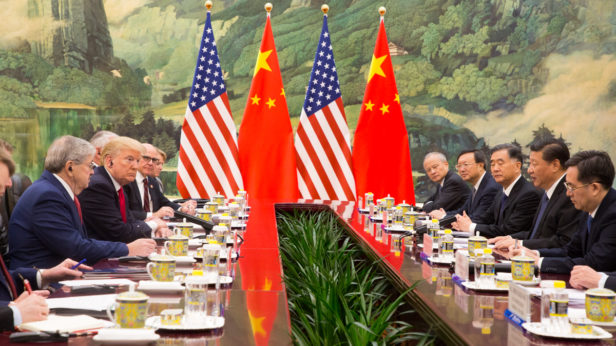
Explore the implications of China’s global rise for U.S. primacy and the liberal international order.
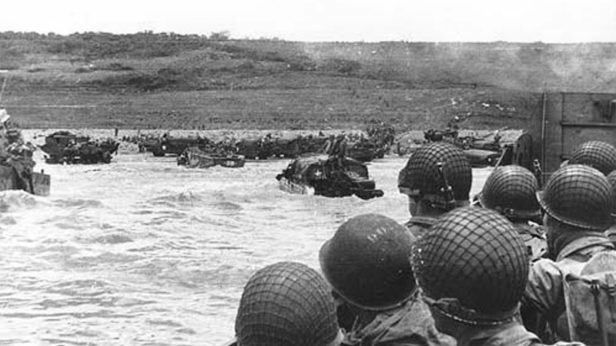
Study the 1944 D-Day landings in Normandy, France—one of the largest, most complex military operations in history.
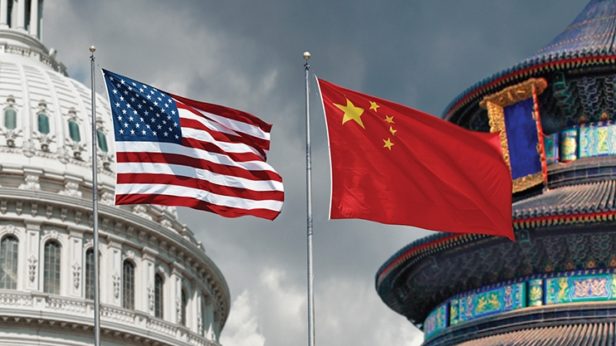
Explore contemporary views on U.S.-China strategic competition alongside a variety of prominent instructors.
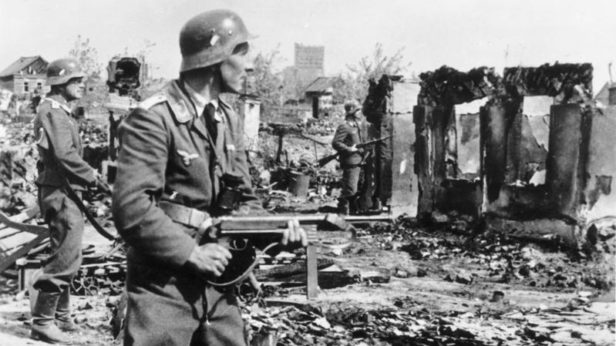
Examine one of the largest military conflicts in history – World War II’s Eastern Front.
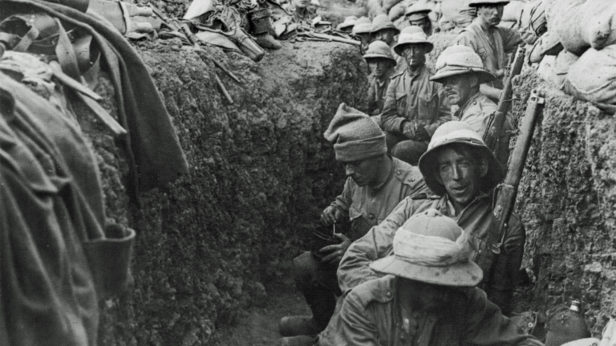
Reflect on the profound moral questions raised by war.
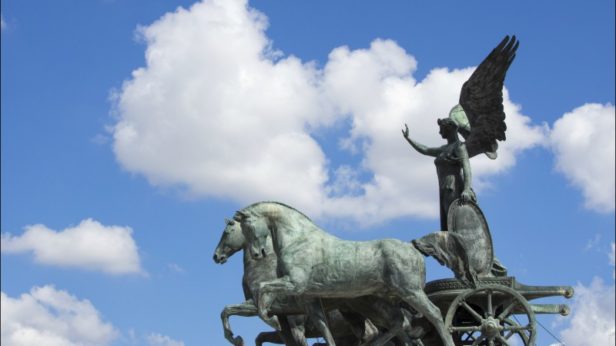
Assess grand strategic theory and practice in Thucydides and Plutarch.
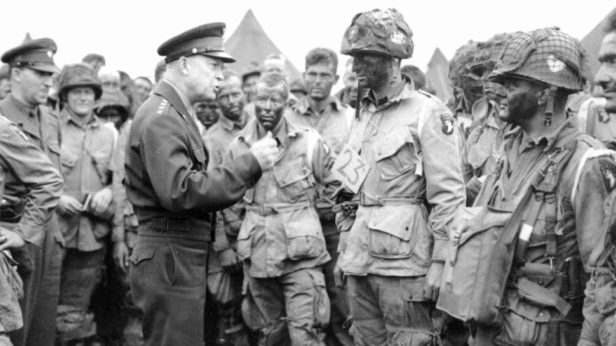
Explore different models and theories of generalship to understand what makes a good general.
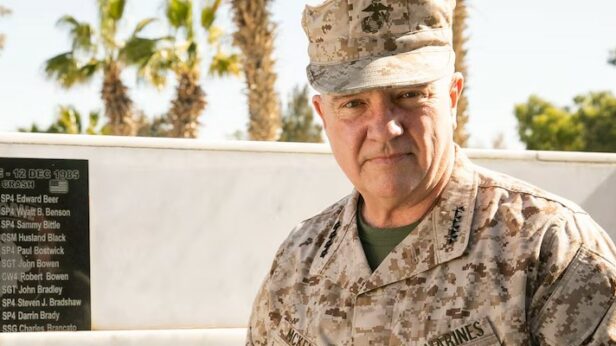
Examine what it means to command at the very highest levels of war with a former CENTCOM commander.

Study the principles and complexities of geopolitics.
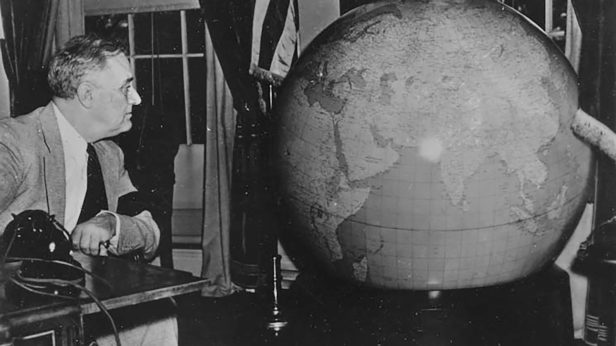
Consider the multiple, competing foreign policy crises America faces today.

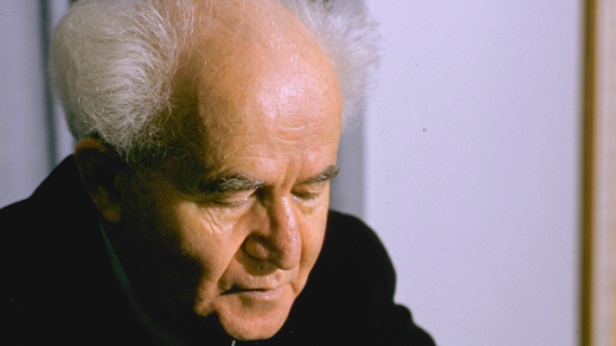
Assess the visionary leadership of David Ben-Gurion, founding father and first prime minister of Israel.
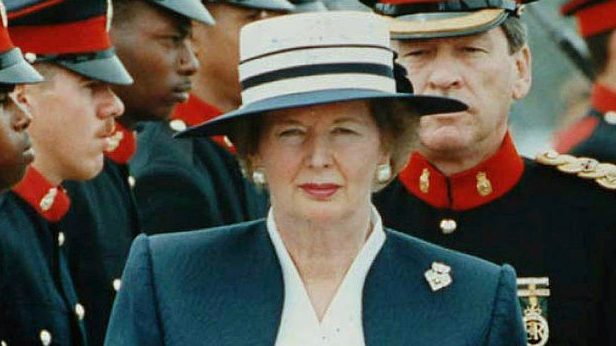
Learn how Margaret Thatcher, the Iron Lady of British politics, set Britain on a new course and helped end the Cold War.
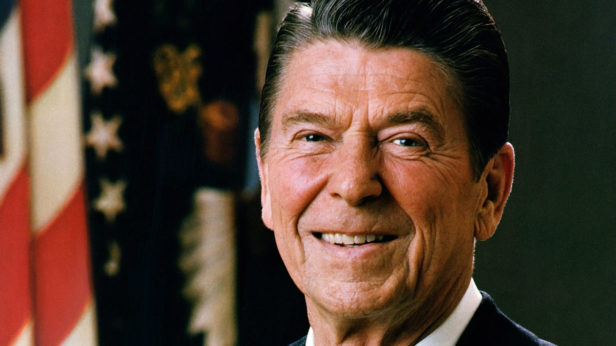
Chart the dramatic rise of the modern conservative movement by studying the political career of Ronald Reagan.
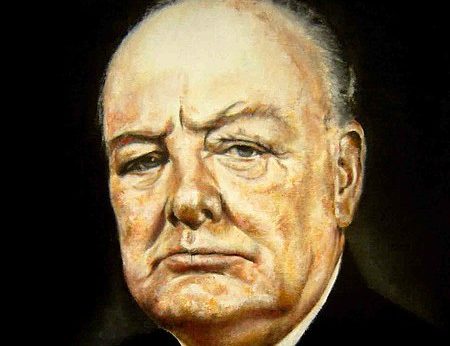
Consider the challenges of statesmanship through the words and deeds of Winston S. Churchill.
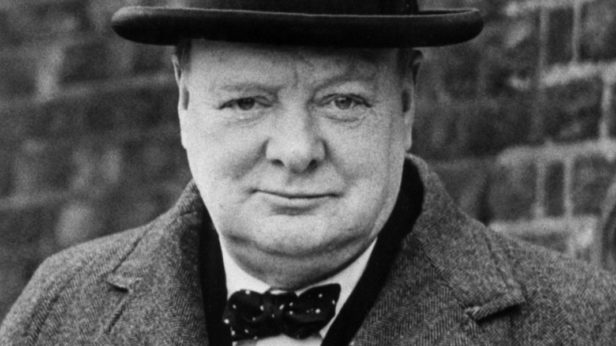
Engage in the rigorous study of great biography to investigate a wider set of questions about geopolitics, leadership, and human character.
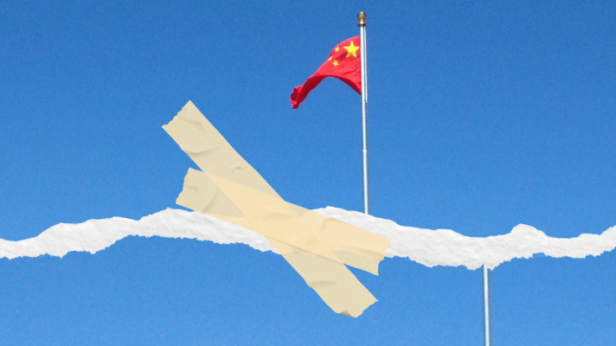
Examine three major hinge-points in China’s history & how China responds to crisis.
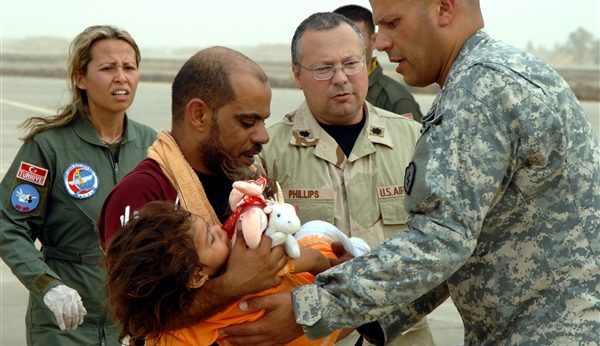
Examine the theory and practice of humanitarian intervention and peacekeeping operations.
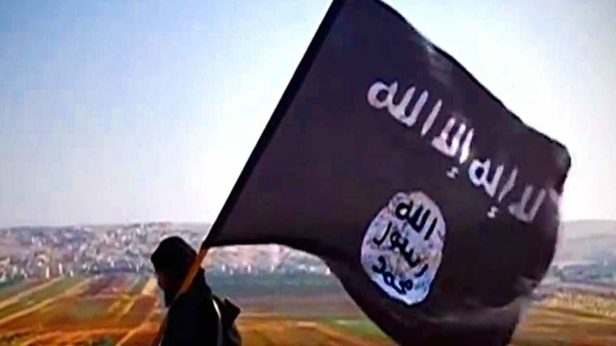
Explore major intellectual discussions underpinning the Salafi-jihadist ideology of al Qaeda and ISIS.
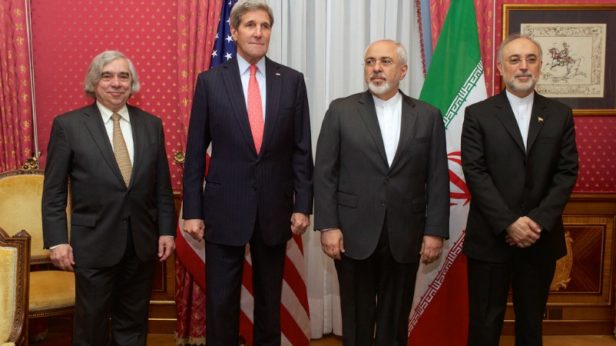
Consider the strategic options for dealing with Iran’s nuclear program.
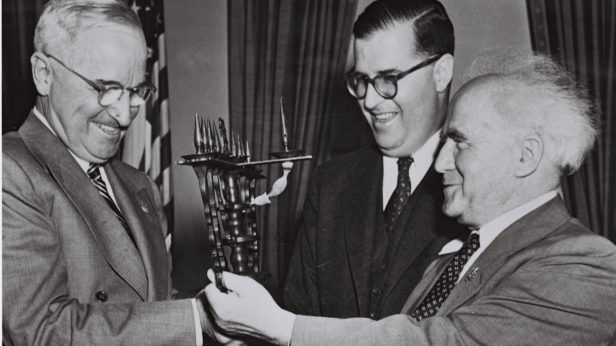
Explore the past, present, and future of the America-Israel strategic relationship.
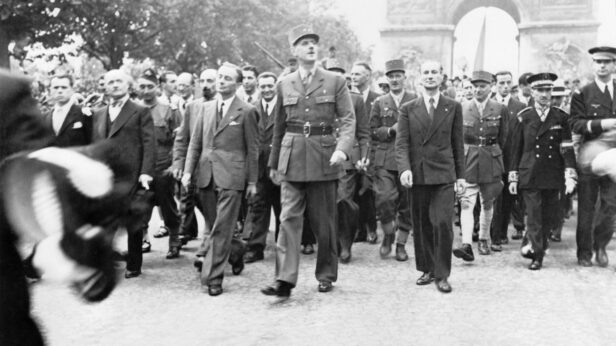
Study Charles de Gaulle, the mythic general who rallied the Free French during World War II.
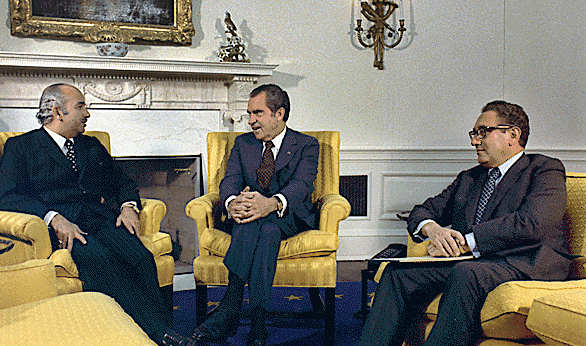
Learn how Henry Kissinger's strategy changed the future of the Middle East.
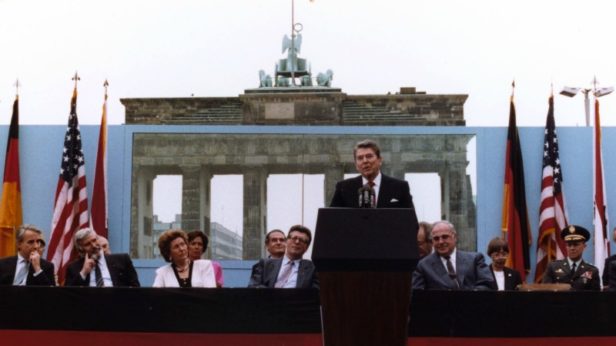
Study Soviet and American grand strategic thinking in the early Cold War.
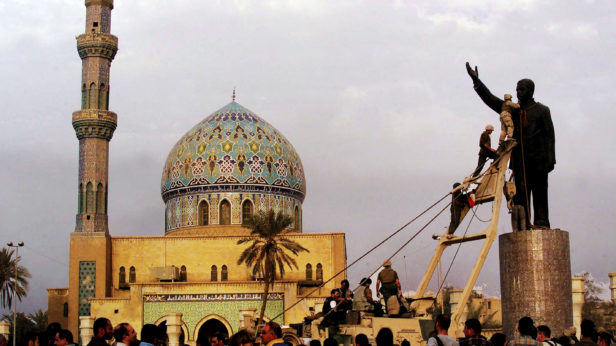
Examine how the United States grappled with the challenges presented by Iraq.
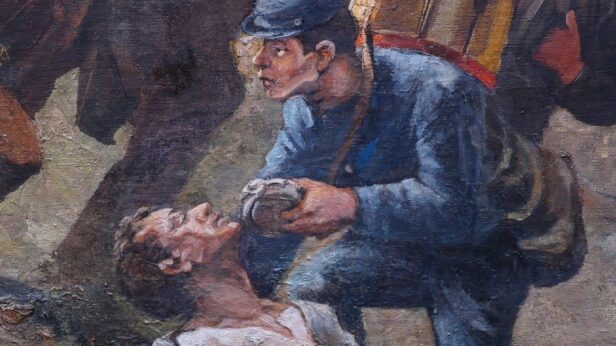
Reflect on the morality of war’s central features: killing and risking life.

Join the next generation of East Asia strategists and study US-China technology competition.
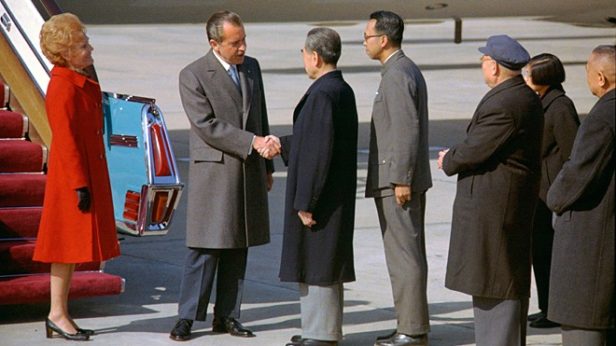
Study Nixon’s strategic opening to Beijing in 1972 and how it shaped U.S.-China relations today.
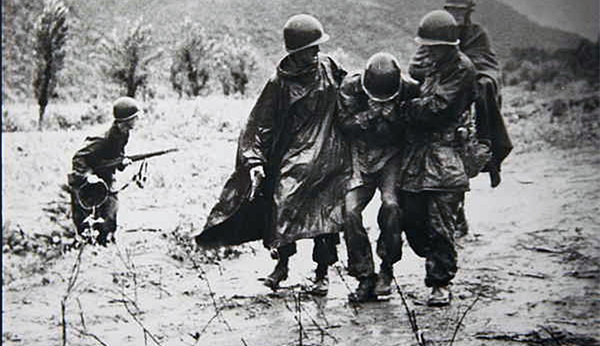
Explore the Korean War and the current situation in Korea and the Northeast Asia region.
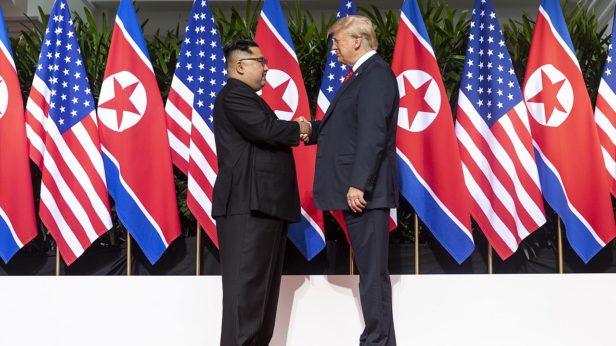
Consider the strategic options for dealing with North Korea.
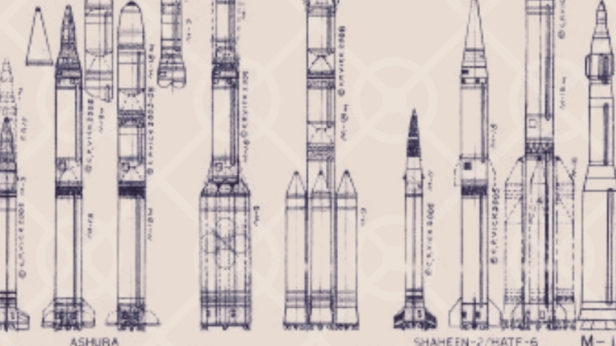
Explore the ways nuclear weapons have transformed the world we inhabit today.
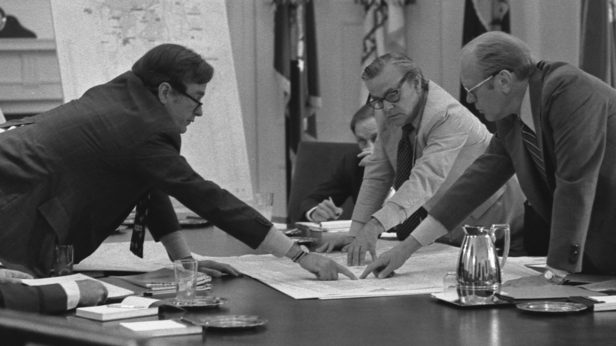
Analyze case studies to better understand presidential control over foreign policy and the meaning of executive power.
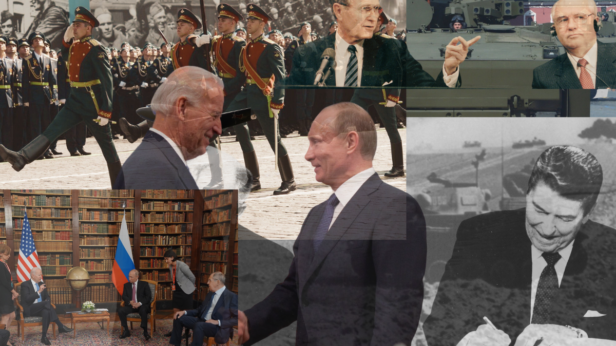
Study the trajectory of U.S. policy towards Russia from the Soviet collapse to the invasion of Ukraine.
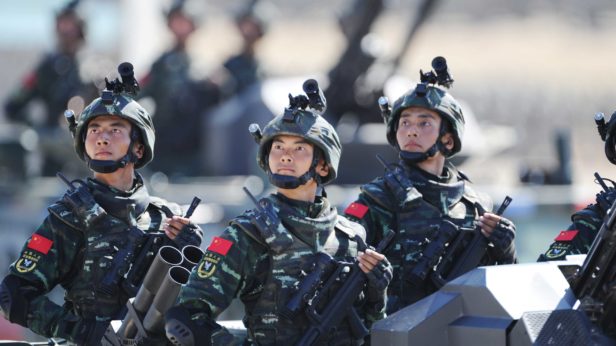
Explore the future of rising China and alternative U.S. policy approaches for coping with it.
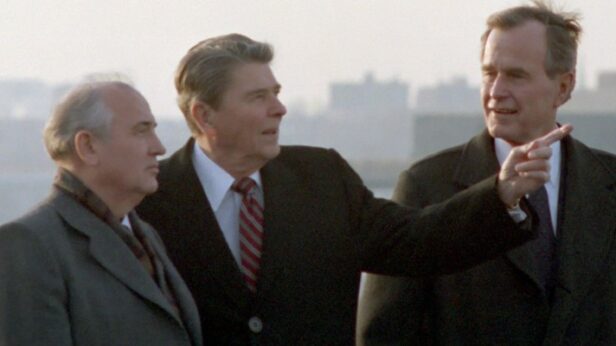
Examine how Ronald Reagan confronted the Soviet Union and won the Cold War.
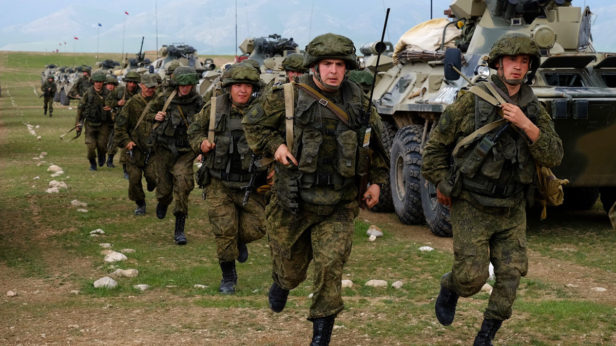
Study Russian hybrid warfare strategy and how the U.S. should counter Putin's expansionism.
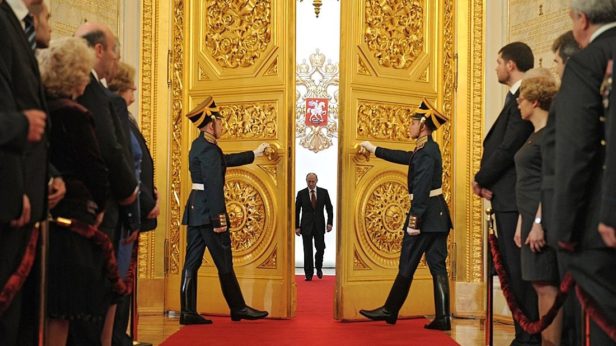
Examine U.S.-Russia relations since the end of the Cold War.
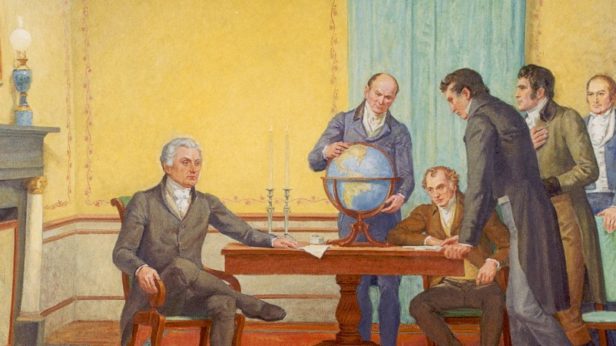
Study American strategic culture, and the factors that influence when and how the United States uses military power.
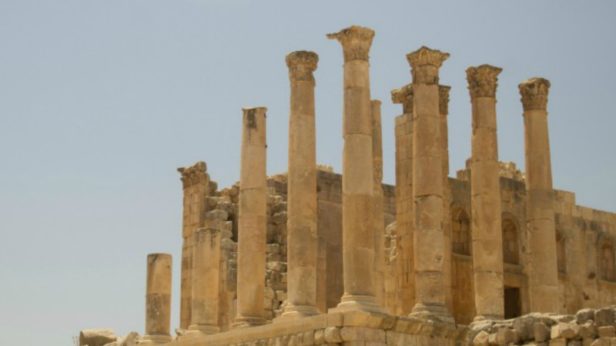
Study the Peloponnesian War with renowned classicist and historian Donald Kagan.
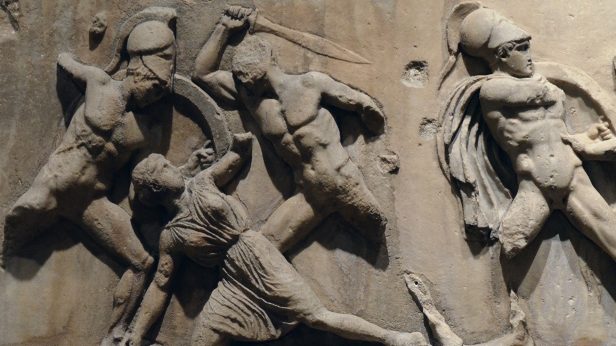
Read Thucydides as a series of case studies, setting up a discussion of contemporary strategic problems.
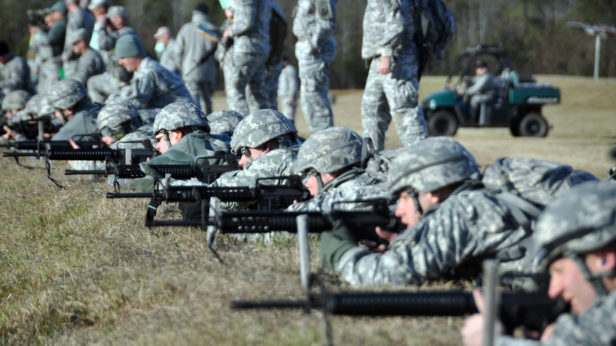
Chart the U.S. Army's transition from conscription to an all-volunteer force.
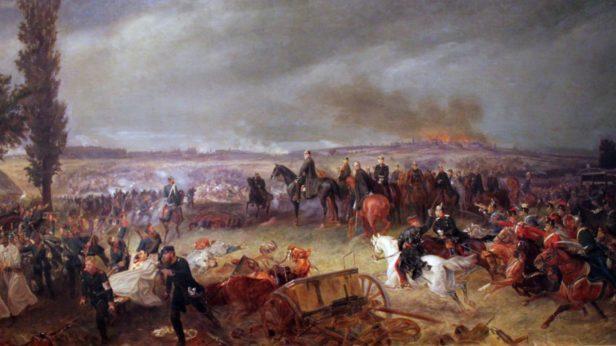
Understand war through close study of the thought and life of Clausewitz.

Explore the comprehensive statecraft required to counter the Chinese Communist Party.
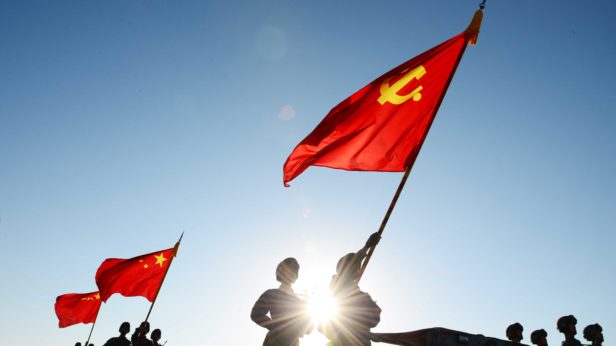
Take an in-depth look at the new era of strategic competition between the United States and China.
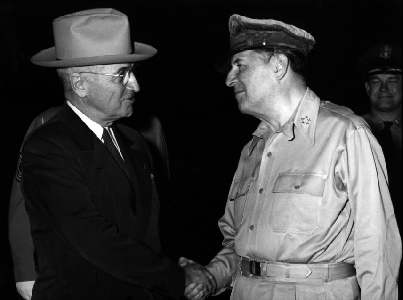
Explore the theory and practice of civil-military relations in the 20th century.
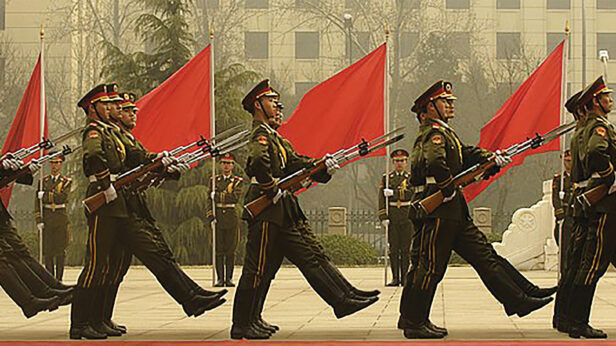
Assess U.S. defense strategy to counter China’s rise.

Assess the role of the U.S. in a rapidly changing international system.
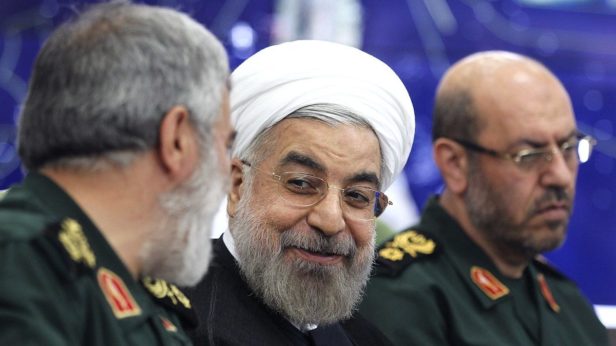
Explore the challenges Iran presents to the United States, from its nuclear program to its regional ambitions.
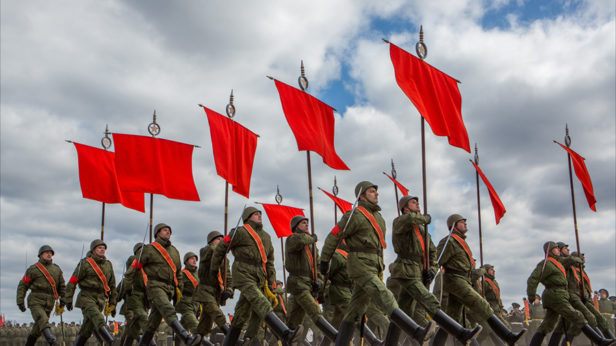
Consider the nature of the Russian challenge to the United States.
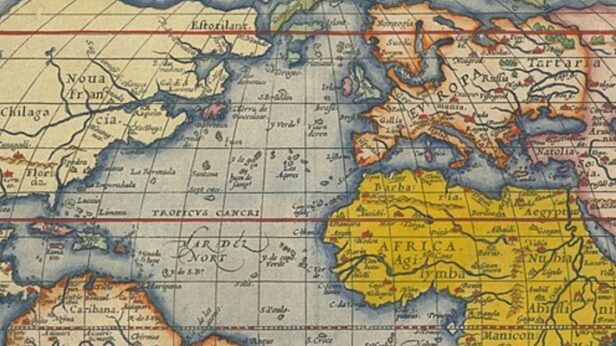
Apply the insights of classical geopolitical analysis to America's actions today.
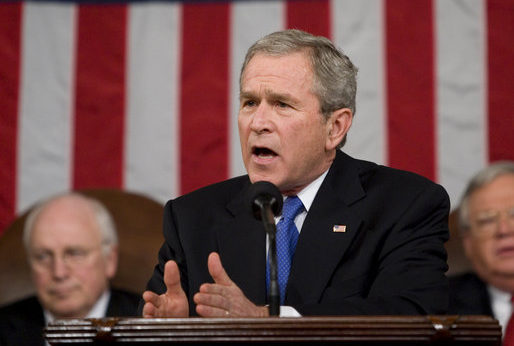
Examine key strategic decisions during one of the most dynamic confrontations of the late 20th and early 21st centuries: the U.S. and Iraq.
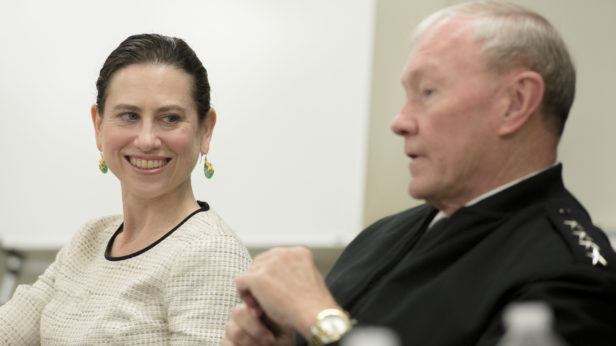
Learn the theory, practice, organization, and control of war and military forces.
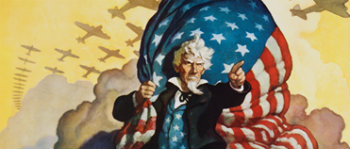
Explore the nature of the world order and America’s role in shaping it.
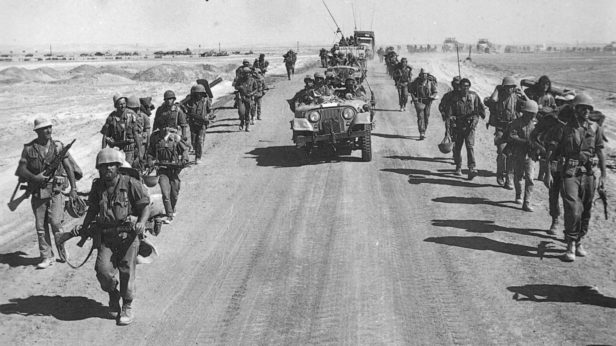
Explore the Yom Kippur War, one of the great understudied hinge points of history.

Study how public policy is made and implemented in the United States.

Explore the boundaries of politics from the perspective of the household and the divine.

Study American strategic culture, and the factors that influence when and how the United States uses military power.

Understand the biotechnology revolution and what it means for ethics and politics.

Understand the Arab Spring and how, together with its aftermath, it has changed American priorities and strategies.

Examine the challenges of regulatory growth for limited government.

Consider the relationship of politics and philosophy through a close reading Leo Strauss’s Persecution and the Art of Writing.

Explore the nature of the world order and America’s role in shaping it.

Examine the broad challenges to American greatness, today and in the future.

Evaluate the Constitutional Convention’s work through a close reading of The Federalist and the writings of the Anti-Federalists.

Explore the idea of American Exceptionalism, its meaning and implications for American politics.

Reexamine the purpose of science, and the relationship between science, technology, and politics.

Study the influence of ideas in four areas of policy contention—taxation, regulation, welfare, and abortion.

Examine three fundamental changes in American government and the political roots of these changes.

Explore the central ideas that have given shape to American democracy.

Explore the relationship between capitalism and democracy.

Examine the political and moral questions surrounding nationalism and nation-states.

Examine one of the largest military conflicts in history – World War II’s Eastern Front.

Understand the state of U.S. health care policy and the possibilities for reform.

Examine the theory and practice of humanitarian intervention and peacekeeping operations.

Explore the relation between the two highest kinds of knowledge—reason and faith.

Explore the future of rising China and alternative U.S. policy approaches for coping with it.

Examine the debates surrounding America’s campaign in Afghanistan.

Examine the relationship of religion to politics through the work of canonical authors who wrestle with Biblical religion.

Reflect on the profound moral questions raised by war.

Explore the past, present, and future of the America-Israel strategic relationship.

Examine how the United States grappled with the challenges presented by Iraq.

Understand Lincoln, not just as the greatest of presidents, but as a man of great ideas as well.

Chart the U.S. Army's transition from conscription to an all-volunteer force.

Assess the visionary leadership of David Ben-Gurion, founding father and first prime minister of Israel.

Learn how Margaret Thatcher, the Iron Lady of British politics, set Britain on a new course and helped end the Cold War.

Chart the dramatic rise of the modern conservative movement by studying the political career of Ronald Reagan.

Consider the challenges of statesmanship through the words and deeds of Winston S. Churchill.

Consider the strategic options for dealing with Iran’s nuclear program.

Study the two great rival partisan interpretations of liberal democracy in America.

Study Soviet and American grand strategic thinking in the early Cold War.

Reexamine liberal modernity, or that distinctive form of politics based on the natural freedom and equality of all.

Explore the theory and practice of civil-military relations in the 20th century.

Explore different models and theories of generalship to understand what makes a good general.

Explore major intellectual discussions underpinning the Salafi-jihadist ideology of al Qaeda and ISIS.

Study the principal political writings of John Locke, whose views on political liberty helped shape the U.S. Constitution.

Study five landmark Supreme Court cases with a view to exploring how politics and law interact.

Study Plato’s Republic, perhaps the greatest work of political philosophy ever written.

Study the work of Edmund Burke, the West’s first and arguably greatest conservative thinker.

Explore the work of Leo Strauss, one of the twentieth century’s most consequential teachers and scholars of political philosophy.

Explore the Anglo-American conservative political tradition through the writings of Edmund Burke.

Study the 1944 D-Day landings in Normandy, France—one of the largest, most complex military operations in history.


Explore the contributions of literature and rhetoric to the study of politics.

Explore the Korean War and the current situation in Korea and the Northeast Asia region.

Consider the strategic options for dealing with North Korea.

Examine the idea of statesmanship, through a classic text and the statecraft of Abraham Lincoln.

Study two landmark cases from a momentous Supreme Court term.


Examine key strategic decisions during one of the most dynamic confrontations of the late 20th and early 21st centuries: the U.S. and Iraq.

Reflect on the enduring value of liberal education and its importance for a free society.

Explore the political teaching of the Book of Genesis.

Consider the impact of the Internet on our political discourse and associational life.

Study the writing and life of one of America's most prominent conservative thinkers.

Reflect on the responsibility of citizens to cultivate and wield the power of political speech.

Explore the differences between ancient and modern political philosophy, with a focus on texts by Aristotle and Machiavelli.

Understand the rise of nationalism and the crisis of liberal democracy.

Explore the ways nuclear weapons have transformed the world we inhabit today.
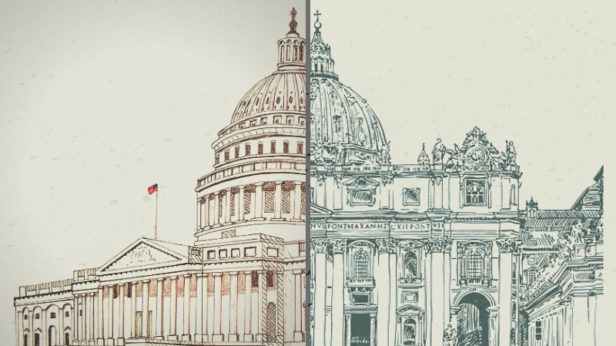
Examine the influence of religion as a political force.

Study Russian hybrid warfare strategy and how the U.S. should counter Putin's expansionism.

Understand war through close study of the thought and life of Clausewitz.

Take an in-depth look at the new era of strategic competition between the United States and China.

Discover the intellectual roots of modern conservatism.

Examine case studies in American history to better understand presidential crisis management.

Explore the intersection of theory and practice in our national politics, and particularly in our key economic debates.

Explore U.S. grand strategy from the Founding to the present day.

Investigate the debate over parties by examining their nature and role in American political life.

Explore the implications of China’s global rise for U.S. primacy and the liberal international order.
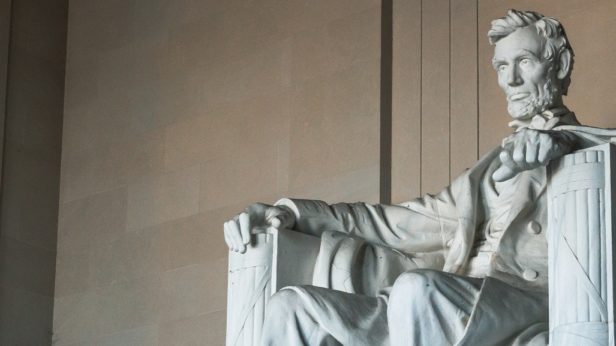
Understand Lincoln’s statecraft in conjunction with his literary craft.

Study Nixon’s strategic opening to Beijing in 1972 and how it shaped U.S.-China relations today.

Explore how societal trends and political parties have reshaped the character of America's partisan attachments.

Analyze case studies to better understand presidential control over foreign policy and the meaning of executive power.

Explore the political and religious contexts of Shakespeare's plays.

Consider the conflicting understandings of the familial, the divine, and the political, and their proper relationships through Antigone.

Take an in-depth look at the new era of strategic competition between the United States and China.

Explore the challenges Iran presents to the United States, from its nuclear program to its regional ambitions.

Consider the nature of the Russian challenge to the United States.

Consider the relationship of virtue to political power.

Explore the Yom Kippur War, one of the great understudied hinge points of history.

Engage key texts that have helped shape the political idea – and political ideals – of America.


Explore the biblical view of the human condition with readings from Genesis and Exodus.

Learn how policy is translated through the administrative state and the courts.

Explore contemporary views on U.S.-China strategic competition alongside a variety of prominent instructors.

Study Dostoevsky's great novel on the nature, logic, and social origins of revolutionary politics.

Consider The Federalist Papers anew through the lens of current events.

Situate the classic debate over free speech in both historical and contemporary context.

Consider the multiple, competing foreign policy crises America faces today.

Examine the influence of ideas in some of our key policy debates.

Revisit the quarrel between "the ancients and the moderns" and reflect on human nature with Swift's Gulliver's Travels.

Reflect on the writings of Abraham Lincoln and Frederick Douglass -- and their crucial role in America’s confrontation with slavery.

Study the classic treatise that brought Machiavelli fame—and infamy.

Track the ideological odysseys of five public intellectuals who broke ranks with their fellow partisans.

Study this monumental work on race, identity, and citizenship in America.


Reflect on a novel rich with themes of politics, philosophy, religion, love, friendship, and death.

Meditate on the nature of political authority with one of Shakespeare's greatest plays.
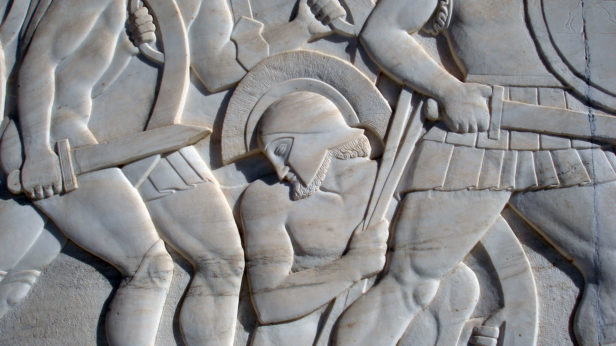
Read Thucydides as a series of case studies, setting up a discussion of contemporary strategic problems.

Take an in-depth look at the new era of strategic competition between the United States and China.

Explore the challenges Iran presents to the United States, from its nuclear program to its regional ambitions.

Consider the nature of the Russian challenge to the United States.

Read the novel known as the Soviet War & Peace, & reflect on the nature of totalitarianism.

Learn how the political tradition of Black Americans has made an indelible impression on American history.

Consider the intersection of theory and practice in our key economic debates.
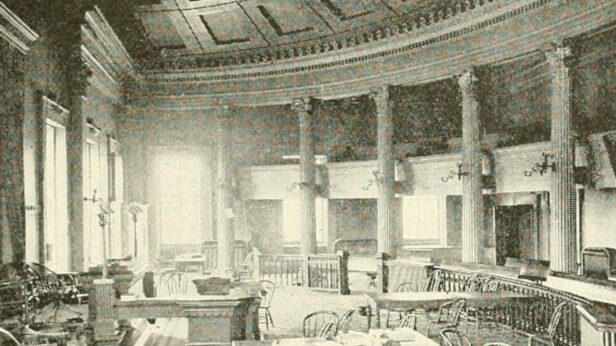
Study the American ethos through examination of The Federalist Papers and Democracy in America.

Reflect on two great novels from the father of modern African literature.

Examine the ideology of “neoliberalism” and its challengers.

Examine the political, religious, and social character of American democracy.

Meditate on Dostoevsky’s final – and greatest – novel.

Study Charles de Gaulle, the mythic general who rallied the Free French during World War II.

Engage in literary, scientific, and ethical study of Artificial Intelligence.


Study a pillar of the Western political tradition: Plato's Republic.

Study classic examples of rhetoric and contemporary political speeches.


Explore the political themes in Shakespeare's The Tempest and King Lear.

Consider the status of slavery and race in the American Founding.

Explore how the new conservative supermajority will change the Court.

Read Tom Wolfe’s devastating, irresistible satire of urban and racial politics.

Explore how the idea of social justice is transforming U.S. politics.

Assess U.S. defense strategy to counter China’s rise.

Assess the role of the U.S. in a rapidly changing international system.

Revisit key constitutional questions through the lens of history and law.

Study the Korean War and the lessons it offers for U.S.-China competition.

Examine China’s past and current use of force in the context of its strategic culture and traditions.

Study the art and craft of democratic statesmanship.

Reflect on the human consequence of modern thought with Doestovesky's 1864 novella.

Consider both the philosophical & empirical aspects of family policy.

Compare America and Europe, aristocracy and democracy, in Wharton's classic novel.
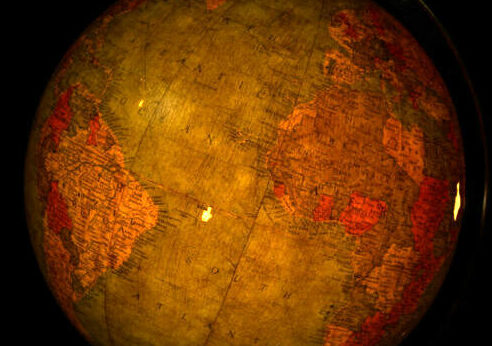
Study the permanent strategic lessons offered by Thucydides and the American strategic tradition.

Debate policy ideas and explore what is required for an idea to become politically impactful.

Study Jane Austen's beloved novel of marriage and manners.


Reflect on what is required today to sustain (or revive) our free and liberal society.

Reflect on the morality of war’s central features: killing and risking life.
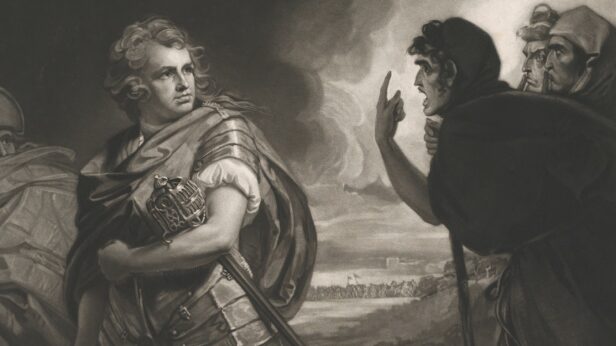
Explore how political leaders wield power and exert influence through speech.

Study the trajectory of U.S. policy towards Russia from the Soviet collapse to the invasion of Ukraine.

Consider landmark decisions that could be overturned & their implications for American politics.

Explore visions of utopian & dystopian societies in three short novels.
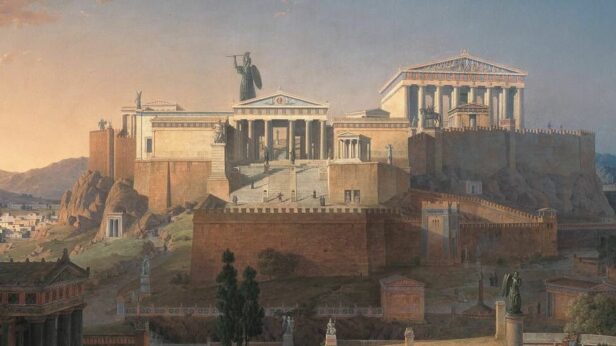
Reflect on the ethical dilemmas implied by the pursuit of power.

Reflect on man’s relation to the wilderness & the beauty that can be found in solitude.

Study the fundamentals of the behavioral & cultural aspects of China’s government & military forces.

Study Dostoyevsky’s first great novel, an astonishing prophecy of ideological terror & social insanity.

Follow the transatlantic adventures of a social-climbing American in this classic novel.

Study one of literature's great heroines—Lily Bart—and her quest for love and freedom.

Study the thought of the two major figures in American Transcendentalism.


Reflect on what it means to be an American.

Explore the fundamental human question of the nature and existence of God with Melville's great American novel.

Debate policy ideas and explore what is required for an idea to become politically impactful.

Examine three major hinge-points in China’s history & how China responds to crisis.

Read an epic poem of cosmic scope–from the rebellion against heaven to the creation of the world & man’s expulsion from Eden.

Learn how Henry Kissinger's strategy changed the future of the Middle East.
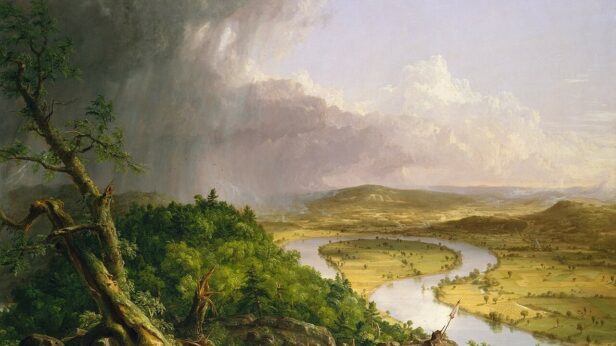

Gain a deeper understanding of our Constitution by studying the political debates surrounding its founding.
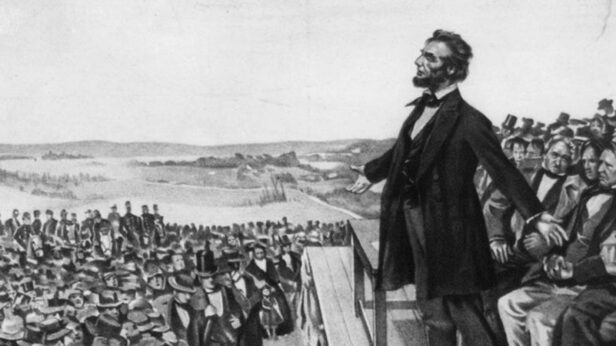
Learn how statesmen have used persuasion to achieve their political ends.

Study classics in political writing & learn how to do what the authors do.
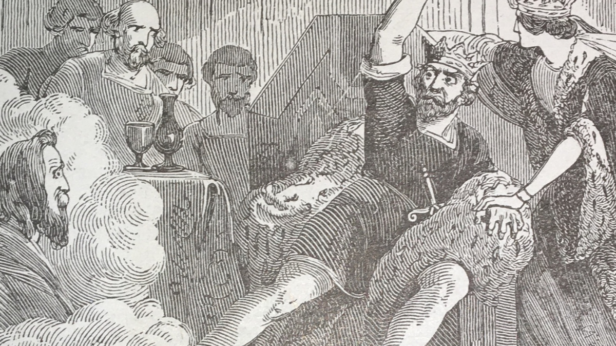
Consider Shakespeare’s depiction of tyranny & kingship.

Study the trajectory of U.S. policy towards Russia from the Soviet collapse to the invasion of Ukraine.

Explore the political and social turmoil of the Romantic Period with Blake, Wordsworth, Byron, and more.

Inquire into the ultimacy of faith, the limits of rationality, & their implications for understanding the good life.


Read a poignant elegy for a culture destroyed by the two world wars.
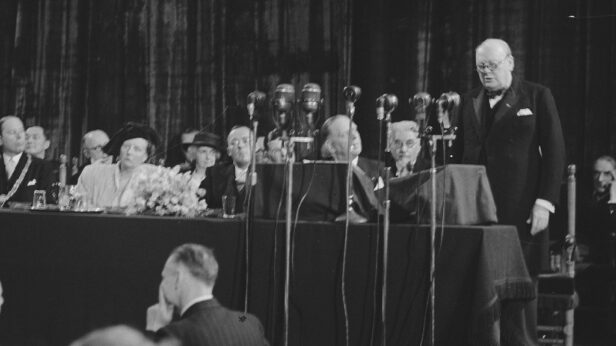
Consider the statesman’s role in democracy & whether political greatness is still possible today.

Apply the insights of classical geopolitical analysis to America's actions today.

Read the classic postwar novel that made Hemingway the voice of the "Lost Generation."

Examine what it means to command at the very highest levels of war with a former CENTCOM commander.

Study the principles and complexities of geopolitics.

Devote your winter to Eliot’s masterpiece—one of the greatest novels in the English language.

Explore two alternative accounts of the existential condition & the proper human response to it.

Read the story of a doomed poet & his wife's heroic dedication to the preservation of his verse.

Study the trajectory of U.S. policy towards Russia from the Soviet collapse to the invasion of Ukraine.

Read a novel about the essential human things: faith, reason, love, friendship, poetry, & philosophy.

Discover what Thucydides can teach us about the permanent questions of political life.

Explore the comprehensive statecraft required to counter the Chinese Communist Party.

Study the moral vision & subtle statesmanship of Booker T. Washington.
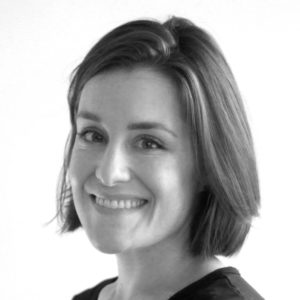
Mary Elizabeth Halper
Mary Elizabeth Halper is the Associate Director at the Hertog Foundation. She graduated with B.A.s in Philosophy and in Classics from the University of Dallas and has since been devoted to liberal education in various forms. She earned her Ph.D. in Philosophy from the Catholic University of America, where she defended a dissertation on the political philosophy of Plato’s Protagoras and Gorgias.
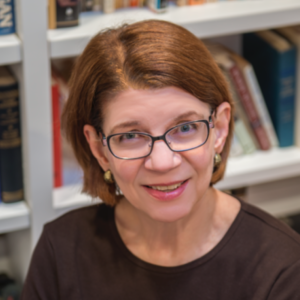
Martha Bayles
Martha Bayles is a fellow at the Institute for Advanced Studies in Culture at the University of Virginia, and since 2003 she has taught humanities at Boston College. She is currently at work on a monograph on the threats to independent journalism around the world; and a book about the importance of “voluntary restraint” in the American tradition of free speech.
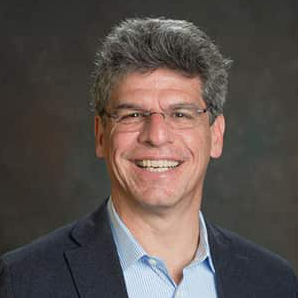
Jacob Howland
Jacob Howland has published five books and roughly 60 scholarly articles and review essays on the thought of Plato, Aristotle, Xenophon, Kierkegaard, the Talmud, the Holocaust, ideological tyranny, and other subjects. His most recent book is Glaucon’s Fate: History, Myth, and Character in Plato’s Republic.
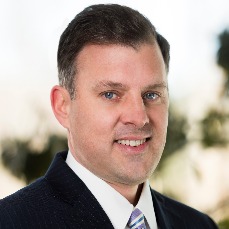
Flagg Taylor
Flagg Taylor is the Executive Director of the Center for Civics, Culture, & Society, at Miami University. His research specialty is in the history of political thought and American government, especially the question of executive power. He is Chair of the Academic Council of the Victims of Communism Memorial Foundation.

Cheryl Miller
Cheryl Miller is executive director at the Hertog Foundation. Previously, she served as deputy director of research in the Office of Presidential Speechwriting and as research assistant to David Brooks at The New York Times. Her reviews and commentary have appeared in such publications as The Wall Street Journal, Commentary, and The Weekly Standard. She graduated from the University of Dallas with Bachelor of Arts degrees in English and Politics.
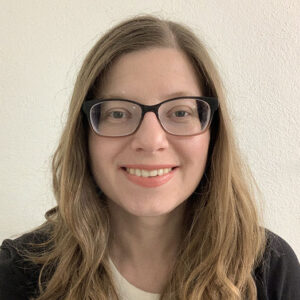
Rita Koganzon
She is an associate professor at the School of Civil Life and Leadership at UNC-Chapel Hill. Her research focuses on the themes of education, childhood, authority, and the family in historical and contemporary political thought. In addition to her research, she contributes book reviews and essays to the Hedgehog Review, National Affairs, The Point, and The Chronicle of Higher Education, among others.
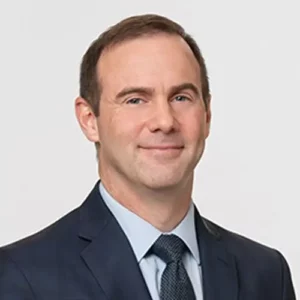
Christopher Scalia
Christopher J. Scalia is a senior fellow in the Social, Cultural, and Constitutional Studies department at the American Enterprise Institute, where he focuses on literature, culture, and higher education. Prior to his role at AEI, Dr. Scalia was an English professor with a specialty in 18th-century and early 19th-century British literature.
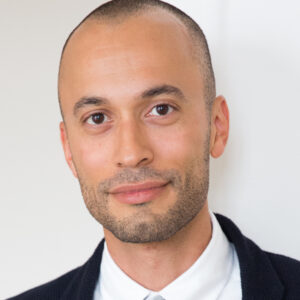
Thomas Chatterton Williams
Thomas Chatterton Williams is a staff writer at The Atlantic and the author of Losing My Cool and Self-Portrait in Black and White. He is a Visiting Professor of Humanities and senior fellow at the Hannah Arendt Center at Bard College, a 2022 Guggenheim fellow, and a visiting fellow at AEI. He was previously a contributing writer at The New York Times Magazine and a Columnist at Harper’s.
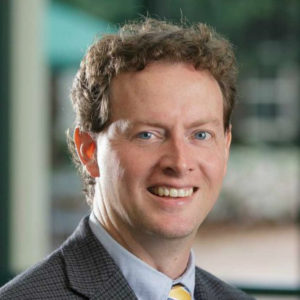
Benjamin Storey
Benjamin Storey is a senior fellow in Social, Cultural, and Constitutional Studies at the American Enterprise Institute (AEI), and co-director of AEI’s Center for the Future of the American University. He is concurrently an SNF Agora Fellow at Johns Hopkins University and a research fellow at the Civitas Institute at the University of Texas at Austin.
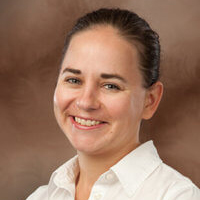
Molly Brigid McGrath
Molly Brigid McGrath is a professor of philosophy at Assumption University. She specializes in phenomenology, social ontology, and political philosophy, with particular interests in the works of Husserl, Aristotle, Searle, and classic texts by Plato, Aquinas, and Montesquieu.

Ryan P. Hanley
Ryan Patrick Hanley is Professor of Political Science at Boston College. His research in the history of political philosophy focuses on the Enlightenment. He is the author of Our Great Purpose: Adam Smith on Living a Better Life and Love’s Enlightenment: Rethinking Charity in Modernity.
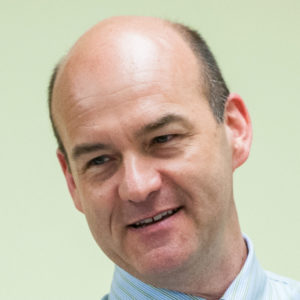
Robert C. Bartlett
Robert C. Bartlett is the Behrakis Professor of Hellenic Political Studies at Boston College. His principal area of research is classical political philosophy, with particular attention to the thinkers of ancient Hellas, including Thucydides, Plato, and Aristotle. He is the co-translator of a new edition of Aristotle’s Nicomachean Ethics.
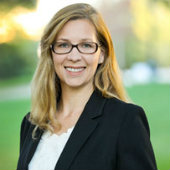
Jenna Silber Storey
Jenna Silber Storey is a senior fellow in the Social, Cultural, and Constitutional Studies department at the American Enterprise Institute (AEI), and co-director of AEI’s Center for the Future of the American University. She is concurrently an SNF Agora Fellow at Johns Hopkins University, and a research fellow at the Civitas Institute at the University of Texas at Austin. She also serves on the executive committee of the Alliance for Civics in the Academy.
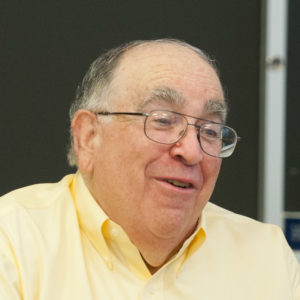
Paul Cantor
Paul Cantor was the Clifton Waller Barrett Professor of English and Comparative Literature at the University of Virginia. He has written on a wide range of subjects, including Shakespeare, Romanticism, Austrian economics, and contemporary popular culture.

Bernhardt Trout
Bernhardt L. Trout is the Raymond F. Baddour, ScD, (1949) Professor of Chemical Engineering and Director of the MIT Society, Engineering, and Ethics Program. He received his S.B. and S.M. degrees from MIT and his Ph.D. from the University of California at Berkeley. In addition, he performed post-doctoral research at the Max-Planck Institute. Professor Trout is the co-editor of the 2016 volume Mastery of Nature.
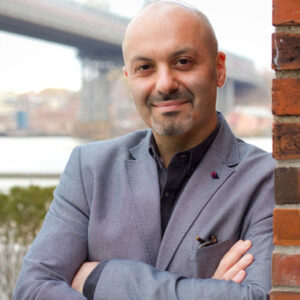
Boris Fishman
Boris Fishman is the author of the novels A Replacement Life and Don’t Let My Baby Do Rodeo, both New York Times Notable Books of the Year, and Savage Feast, a family memoir told through recipes.
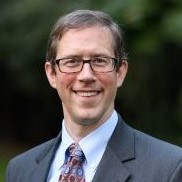
Thomas Merrill
Thomas Merrill is an associate professor in the School of Public Affairs at American University. He is the author of Hume and the Politics of Enlightenment. He is also the co-editor of three edited volumes, including The Political Thought of the Civil War.

Matthew Continetti
Matthew Continetti is the director of domestic policy studies and the inaugural Patrick and Charlene Neal Chair in American Prosperity at the American Enterprise Institute (AEI), where his work is focused on American political thought and history, with a particular focus on the development of the Republican Party and the American conservative movement in the 20th century.
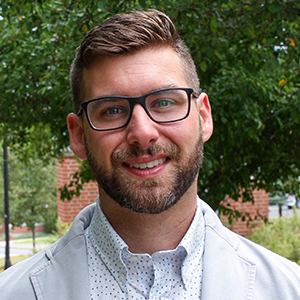
Matthew Dinan
Matthew Dinan is an Associate Professor in the Great Books Program at St. Thomas University in Fredericton, New Brunswick, Canada. He does research on Ancient Greek, Christian, and 19th and 20th Century Political Philosophy.
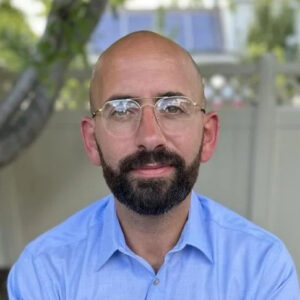
Alex Priou
Alex Priou is an Associate Professor of Political Theory at UATX. His research and teaching both focus on the history of political philosophy, with specialization in Plato and the Pre-Socratic poets and philosophers. He often writes for a broader audience on his Substack and Public Discourse and is the co-host of a weekly podcast The New Thinkery where he discusses a broad array of texts philosophical, historical, political, and literary.
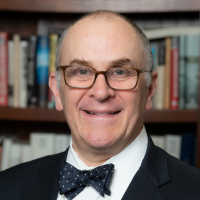
Eliot Cohen
Eliot Cohen is the Robert E. Osgood Professor at the Johns Hopkins University’s School of Advanced International Studies (SAIS) where he has taught since 1990. He served as Dean of SAIS from 2019 to 2021. In addition to public service in the Department of Defense he served as Counselor of the Department of State from 2007 to 2009.

Mary P. Nichols
Mary P. Nichols is Professor Emerita of Political Science at Baylor University. She is author of Thucydides and the Pursuit of Freedom, and Socrates on Friendship and Community: Reflections on Plato’s Symposium, Phaedrus, and Lysis. She has delivered lectures on ancient political theory, Shakespeare, and film.
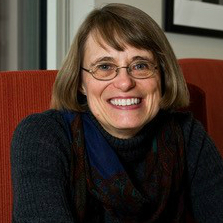
Vickie Sullivan
Vickie Sullivan is the Cornelia M. Jackson Professor of Political Science and teaches and studies political thought and philosophy. She also maintains teaching and research interests in politics and literature. She has published extensively on Montesquieu and Machiavelli and is the co-editor of Shakespeare’s Political Pageant.
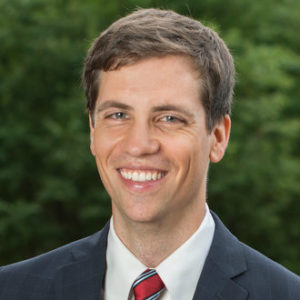
Antón Barba-Kay
Antón Barba-Kay is Associate Professor of Philosophy at The Catholic University of America, in Washington, D.C. (He is also, at the moment, Visiting Professor of Humanities at Deep Springs College, in California.) He earned his Ph.D. from the University of Chicago’s Committee on Social Thought, with a dissertation on Hegel’s Phenomenology of Spirit. The bulk of his research has concentrated on the subjects of recognition and aesthetics in nineteenth-century German philosophy. He is also writing a book about the political and philosophical implications of the digital revolution.
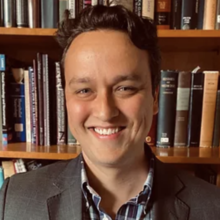
Ian Marcus Corbin
Ian Marcus Corbin is a philosopher on faculty in Neurology at Brigham and Women’s Hospital / Harvard Medical School, where he co-directs the Human Network Initiative, and is a Faculty Member at the HMS Center for Bioethics. His philosophical work examines the connections between modes of intersubjectivity, community, and cognitive flourishing.
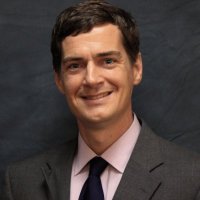
Hugh Liebert
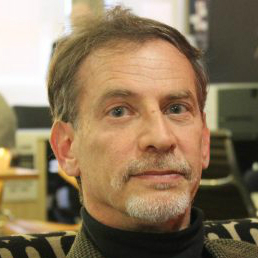
Darren Staloff
Darren Staloff is a retired Professor of History from the City College of New York and the Graduate Center of CUNY. Professor Staloff has published numerous papers and reviews on the subject of early American history.

Diana Schaub
Diana Schaub is a nonresident senior fellow at the American Enterprise Institute (AEI), where her work is focused on American political thought and history, particularly Abraham Lincoln, Frederick Douglass, African American political thought, Montesquieu, and the relevance of core American ideals to contemporary challenges and debates. Concurrently, she is Professor Emerita of Political Science at Loyola University Maryland, where she taught for almost three decades.

Adam J. White
Adam J. White is the Laurence H. Silberman Chair in Constitutional Governance and senior fellow at the American Enterprise Institute, where he focuses on the Supreme Court and the administrative state. Concurrently, he codirects the Antonin Scalia Law School’s C. Boyden Gray Center for the Study of the Administrative State.
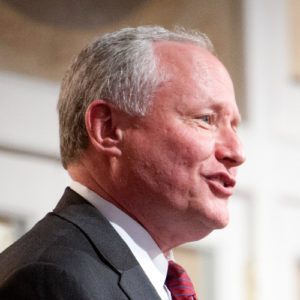
William Kristol
William Kristol is editor at large of The Weekly Standard, which, together with Fred Barnes and John Podhoretz, he founded in 1995. Mr. Kristol has served as chief of staff to the Vice President of the United States and to the Secretary of Education. Before coming to Washington in 1985, Kristol taught politics at the University of Pennsylvania and Harvard’s Kennedy School of Government.
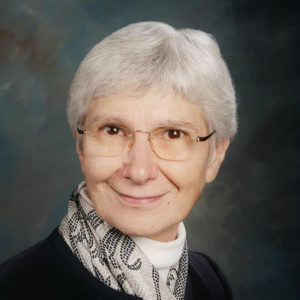
Amy A. Kass
Amy Apfel Kass (1940 – 2015) was a senior fellow at the Hudson Institute, Senior Lecturer Emerita in the humanities at the University of Chicago, and coeditor of What So Proudly We Hail: The American Soul in Story, Speech, and Song. She was an award-winning teacher of classic texts.
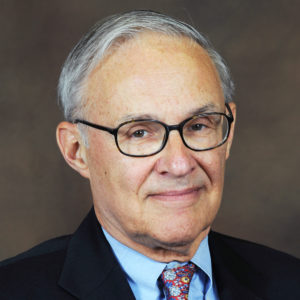
Leon R. Kass
Leon R. Kass, M.D., is the Addie Clark Harding Professor Emeritus in the Committee on Social Thought and the College at the University of Chicago and the Madden-Jewett Chair at AEI. He was the chairman of the President’s Council on Bioethics from 2001 to 2005. He has been engaged for more than 40 years with ethical and philosophical issues raised by biomedical advances and, more recently, with broader moral and cultural issues.
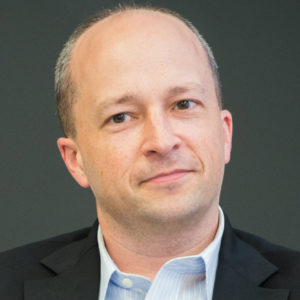
Yuval Levin
Yuval Levin is a Resident Scholar and Director of Social, Cultural, and Constitutional Studies at the American Enterprise Institute and the Editor of National Affairs magazine. Mr. Levin served on the White House domestic policy staff under President George W. Bush.
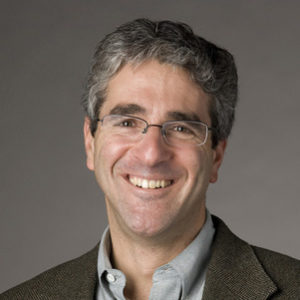
Laurence Cooper
Laurence Cooper is Professor of Political Science at Carleton College. Most of his research has addressed the question of human flourishing—what it is, how we can know what it is, what it requires from education and politics, and the risks that arise from misunderstanding it.
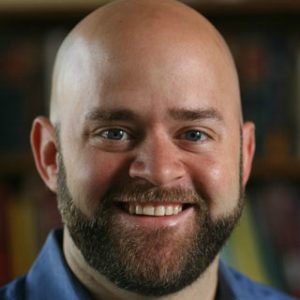
Carter Snead
Carter Snead is internationally recognized as a leading expert in public bioethics. His research explores issues relating to neuroethics, enhancement, stem cell research, abortion, and end-of-life decision-making. He is also the editor of two book series for the University of Notre Dame Press – “Catholic Ideas for a Secular World,” and “Notre Dame Studies in Medical Ethics.”
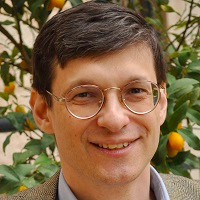
Yoram Hazony
Yoram Hazony is an Israeli philosopher, Bible scholar, and political theorist. He is President of the Herzl Institute in Jerusalem, and Director of the John Templeton Foundation’s project in Jewish Philosophical Theology. His books include The Virtue of Nationalism and The Philosophy of Hebrew Scripture.
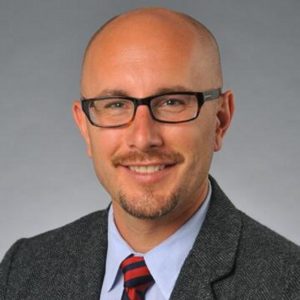
Daniel DiSalvo
Daniel DiSalvo is a Senior Fellow at the Manhattan Institute’s Center for State and Local Leadership and an Assistant Professor of Political Science at The City College of New York-CUNY. His scholarship focuses on American political parties, elections, labor unions, state government, and public policy.
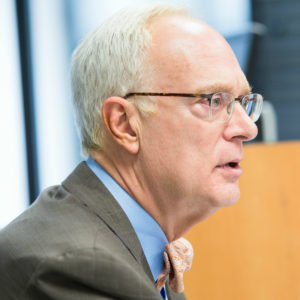
Christopher DeMuth
Christopher DeMuth is a Distinguished Fellow at the Hudson Institute in Washington, D.C. He was President of the American Enterprise Institute for Public Policy Research from 1986–2008 and D.C. Searle Senior Fellow at AEI from 2008–2011.
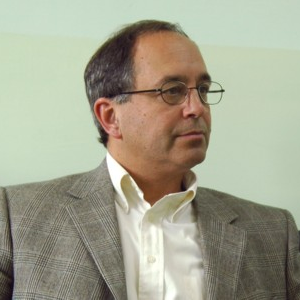
Joshua Mitchell
Joshua Mitchell is professor of political theory at Georgetown University. His research interest lies in the relationship between political thought and theology in the West.

Daniel Burns
Daniel Burns is Associate Professor of Politics at the University of Dallas. His research in political philosophy focuses on the relation between religion and citizenship. He has recently served as a staffer for the U.S. Congress Joint Economic Committee and as a full-time contractor for the U.S. Department of Health and Human Services.
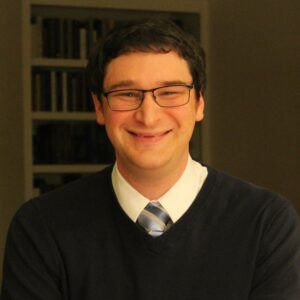
Patrick T. Brown
Patrick T. Brown is a fellow at the Ethics and Public Policy Center, where his work focuses on developing a robust pro-family economic agenda and supporting families as the cornerstone of a healthy and flourishing society. Prior to joining EPPC, Patrick served as a Senior Policy Advisor to Congress’ Joint Economic Committee (JEC).

Robert Barlett
Robert C. Bartlett is the Behrakis Professor of Hellenic Political Studies at Boston College. His principal area of research is classical political philosophy, with particular attention to the thinkers of ancient Hellas, including Thucydides, Plato, and Aristotle. He is the co-translator of a new edition of Aristotle’s Nicomachean Ethics.
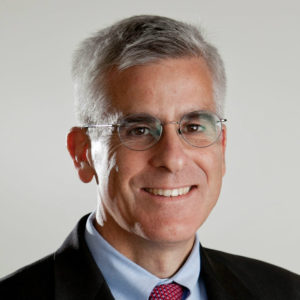
James C. Capretta
James C. Capretta is a Resident Fellow and holds the Milton Friedman Chair at the American Enterprise Institute, where he studies health care, entitlement, and US budgetary policy, as well as global trends in aging, health, and retirement programs. Mr. Capretta spent more than 16 years in public service.
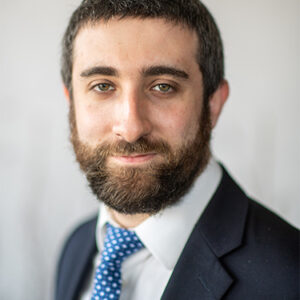
Charles Fain Lehman
Charles Fain Lehman is a fellow at the Manhattan Institute, working primarily on the Policing and Public Safety Initiative, and a contributing editor of City Journal. His work on criminal justice, immigration, and social issues has appeared in the Wall Street Journal and Tablet, among other publications.
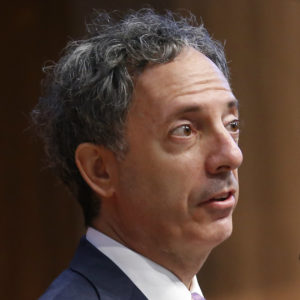
Peter Berkowitz
Peter Berkowitz is the Tad and Dianne Taube Senior Fellow at the Hoover Institution, Stanford University. He studies and writes about, among other things, constitutional government, conservatism and progressivism in America, liberal education, national security and law, and Middle East politics.
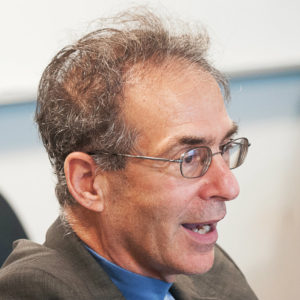
James W. Ceaser
James W. Ceaser is Harry F. Byrd Professor of Politics at the University of Virginia, where he has taught since 1976, and a senior fellow at the Hoover Institution. He has written several books on American politics and political thought, including Presidential Selection and Liberal Democracy and Political Science.
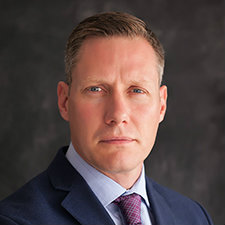
Tobin Craig
Tobin Craig is Associate Professor at Michigan State University. His studies focus on the intersection between modern political philosophy and modern science and technology. He is currently at work on a book length study of the unity of Francis Bacon’s scientific and political thought as well as a study of the place of technology in American political thought.
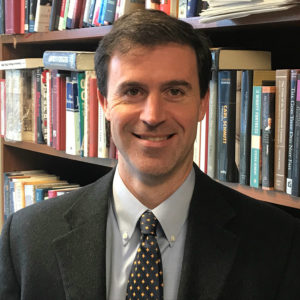
Richard M. Reinsch II
Richard M. Reinsch II is Editor-in-Chief and Director of Publications at AIER. He is coauthor, with the late Peter A. Lawler, of A Constitution in Full: The Unwritten Foundation of American Liberty.
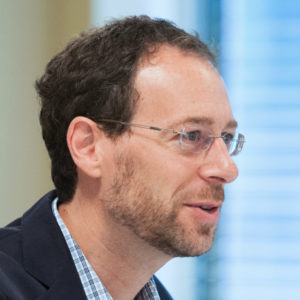
Bryan Garsten
Bryan Garsten is Professor of Political Science at Yale University. He writes on questions about political rhetoric and deliberation, the meaning of representative government, the relationship of politics and religion, and the place of emotions in political life.
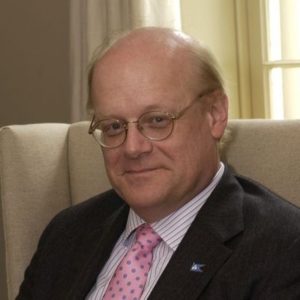
Allen C. Guelzo
Dr. Allen C. Guelzo is Director of the James Madison Program Initiative on Politics and Statesmanship and Senior Research Scholar in the Council of the Humanities at Princeton University. He is the author of Abraham Lincoln: Redeemer President, which won the Lincoln Prize for 2000.
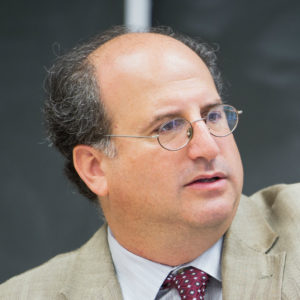
Alan M. Levine
Alan M. Levine is Associate Professor of political theory in the Department of Government and the founding director of the Political Theory Institute at American University. A specialist in the history of Western political thought, Professor Levine’s research interests include ancient and modern political theory.
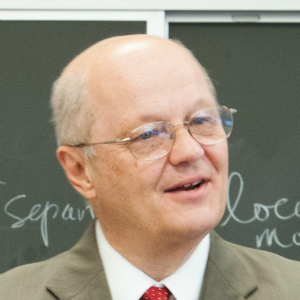
Robert Kraynak
Robert P. Kraynak is Professor of Political Science at Colgate University. He teaches courses in the fields of political philosophy and general education, including courses on American political thought, the history of Western political philosophy, natural law, religion and politics, and conservative political thought.
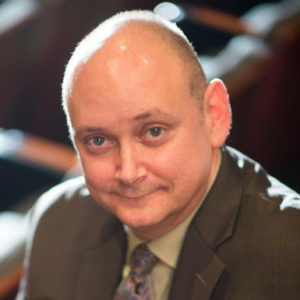
Gregory Weiner
Greg Weiner is President of Assumption University and founding director of the Daniel Patrick Moynihan Center for Scholarship and Statesmanship. He is the author of American Burke: The Uncommon Liberalism of Daniel Patrick Moynihan and Old Whigs: Burke, Lincoln and the Politics of Prudence.
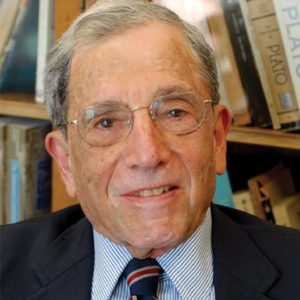
Ralph Lerner
Ralph Lerner is the Benjamin Franklin Professor Emeritus in the College and professor emeritus in the Committee on Social Thought at the University of Chicago. He is the author, most recently, of Naïve Readings: Reveilles Political and Philosophic (University of Chicago Press).

Greg Weiner
Greg Weiner is President of Assumption University and founding director of the Daniel Patrick Moynihan Center for Scholarship and Statesmanship. He is the author of American Burke: The Uncommon Liberalism of Daniel Patrick Moynihan and Old Whigs: Burke, Lincoln and the Politics of Prudence.
Gary J. Schmitt
Gary J. Schmitt is a senior fellow in the Social, Cultural, and Constitutional Studies program at the American Enterprise Institute (AEI), where he studies issues related to the American presidency, the U.S. constitution and its principles, and American civic life.
Vincent Phillip Muñoz
Vincent Phillip Muñoz is the Tocqueville Professor of Political Science and Concurrent Professor of Law at the University of Notre Dame.
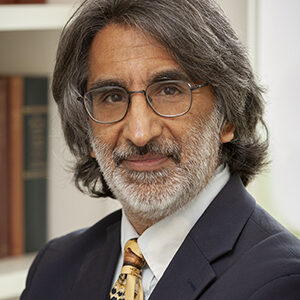
Akhil Reed Amar
Akhil Reed Amar is Sterling Professor of Law and Political Science at Yale University, where he teaches constitutional law in both Yale College and Yale Law School. He is Yale’s only currently active professor to have won the University’s unofficial triple crown — the Sterling Chair for scholarship, the DeVane Medal for teaching, and the Lamar Award for alumni service. He hosts a weekly podcast, Amarica’s Constitution.
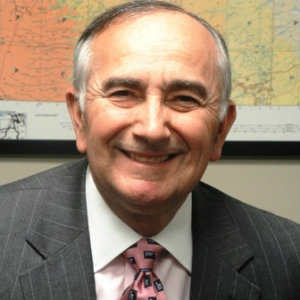
James M. Dubik
LTG James M. Dubik (U.S. Army, Ret.) is a Senior Fellow at the Institute for the Study of War and a Professor at Georgetown University’s Security Studies Program. General Dubik has extensive operational experience in Iraq, Afghanistan, Japan, Korea, Thailand, Bosnia, Haiti, Panama, Honduras, and in many NATO countries.
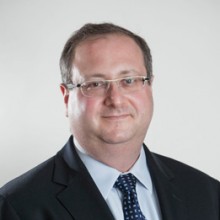
Frederick W. Kagan
Frederick W. Kagan is a Senior Instructor with the Hertog War Studies Program at the Institute for the Study of War. The author of the 2007 report “Choosing Victory: A Plan for Success in Iraq,” he is one of the intellectual architects of the successful “surge” strategy in Iraq. He is the director of AEI’s Critical Threats Project.
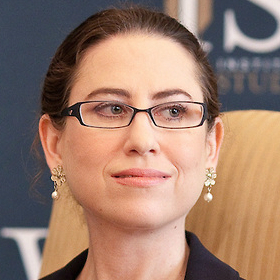
Kimberly Kagan
Kimberly Kagan is a Senior Instructor with the Hertog War Studies Program and founder and president of the Institute for the Study of War. She is a military historian who has taught at the U.S. Military Academy at West Point, Yale, Georgetown, and American University.
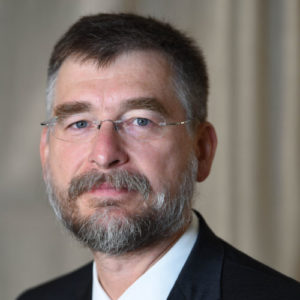
Jakub J. Grygiel
Jakub Grygiel is an Associate Professor at the Catholic University of America. From 2017–18, he was a member of the Policy Planning Staff at the U.S. Department of State. His most recent book is Return of the Barbarians: Confronting Non-State Actors from Ancient Rome to the Present.
Mike Gallagher
Mike Gallagher served for four terms in the U.S. House of Representatives as Wisconsin’s 8th Congressional District representative. Previously, he served seven years on active duty in the U.S. Marine Corps, including two deployments to Iraq.
Aaron MacLean
Aaron MacLean is a senior fellow at Hudson Institute and the host of the School of War podcast. Previously, he was senior foreign policy advisor and legislative director to Senator Tom Cotton of Arkansas. Aaron served on active duty as a U.S. Marine for seven years, deploying to Afghanistan as an infantry officer in 2009–2010.

Ran Baratz
Ran Baratz, professor of ancient philosophy at Shalem College, teaches philosophy, history, and Zionist thought at a variety of other Israeli institutions as well. The executive director in Israel of the Tikvah Fund’s program in political thought, economics, and strategy, he is the founding editor of Mida, a new Hebrew-language website.
Michael Doran
Michael Doran, an expert in U.S. policy toward the Middle East, radical Islam, and the Arab-Israeli conflict, is a Senior Fellow at the Hudson Institute. He has also held a number of senior U.S. government posts related to Middle East policy and strategic communication.
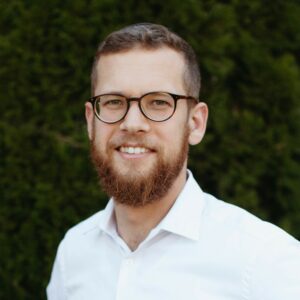
Jeremy Furchtgott
Jeremy Furchtgott is Director at Baron, a firm dedicated to providing U.S. private-sector as well as U.S. government clients with insights needed to prevail in strategic competition. In addition to serving as a member of the firm’s management team, he leads Baron’s China practice.

Dan Blumenthal
Dan Blumenthal is a senior fellow at the American Enterprise Institute, where he focuses on East Asian security issues and Sino-American relations. Mr. Blumenthal has served in and advised the US government on China issues for more than a decade.
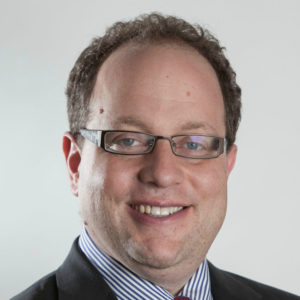
Daniel Blumenthal
Dan Blumenthal is a senior fellow at the American Enterprise Institute, where he focuses on East Asian security issues and Sino-American relations. Mr. Blumenthal has served in and advised the US government on China issues for more than a decade.
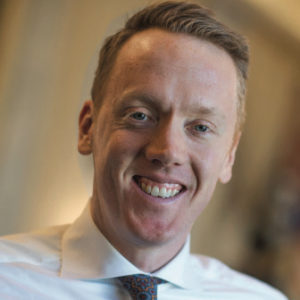
Christian Brose
Christian Brose is a Senior Fellow at the Carnegie Endowment for International Peace and the Head of Strategy at Anduril Industries, prior to which he served as staff director of the Senate Armed Services Committee. He was also responsible for leading the production, negotiation, and passage of four National Defense Authorization Acts, which set policy and authorized spending for all U.S. national defense activities.
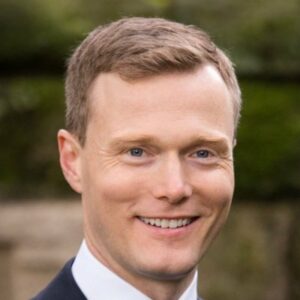
Matthew Kroenig
Matthew Kroenig is a Professor in the Department of Government and the Edmund A. Walsh School of Foreign Service at Georgetown University. A 2019 study in Perspectives on Politics ranked him as one of the top 25 most-cited political scientists of his generation. He has served in several positions in the U.S. Department of Defense and the intelligence community in the Bush and Obama administrations.
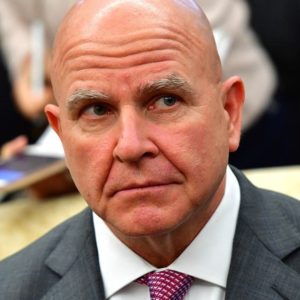
H.R. McMaster
H. R. McMaster is the Fouad and Michelle Ajami Senior Fellow at the Hoover Institution, Stanford University. Previously, he served as the 26th assistant to the president for National Security Affairs and as a commissioned officer in the United States Army for 34 years before retiring as a Lieutenant General. He is author of Battlegrounds: The Fight to Defend the Free World.
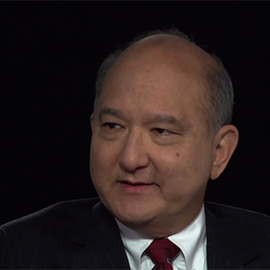
Stephen Peter Rosen
Stephen Peter Rosen is the Beton Michael Kaneb Professor of National Security and Military Affairs at Harvard University. He was the civilian assistant to the Director of the Office of Net Assessment in the Office of the Secretary of Defense.
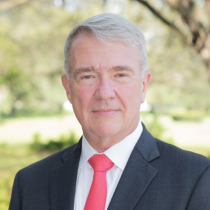
Gen. Kenneth F. McKenzie Jr.
Gen. Kenneth ‘Frank’ McKenzie Jr. is the former Commander of United States Central Command. He led a distinguished 42-year military career, commanding at multiple levels within the Marine Corps and serving on the Joint Staff. His leadership roles included commanding the First Battalion, Sixth Marines, and the 22nd MEU (SOC) during combat deployments to Afghanistan and Iraq.

Vance Serchuk
Vance Serchuk is Executive Director of the KKR Global Institute and an Adjunct Senior Fellow at the Center for a New American Security. Prior to joining KKR, Mr. Serchuk served for six years as the senior national security advisor to Senator Joseph Lieberman (I-Connecticut).
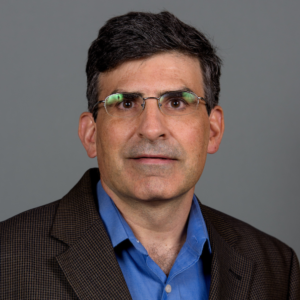
Paul Carrese
Paul O. Carrese is the founding Director of the School of Civic and Economic Thought and Leadership at Arizona State University. He is author of The Cloaking of Power: Montesquieu, Blackstone, and the Rise of Judicial Activism, and co-editor of three other books on George Washington, constitutionalism, and U.S. grand strategy.

Daniel Johnson
Daniel Johnson is an author, journalist, and founding editor of Standpoint, a monthly British cultural and political magazine. He is the author of White King and Red Queen: How the Cold War was Fought on the Chessboard.
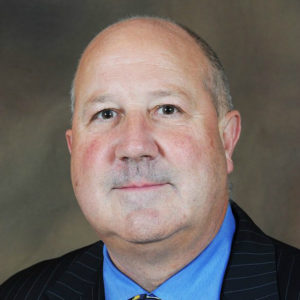
Steven F. Hayward
Steven F. Hayward is a senior resident scholar at the Institute of Governmental Studies at UC Berkeley, Senior Fellow of the Claremont Institute, and a visiting lecturer at Boalt Hall Law School. Hayward is the author of a two-volume narrative history of Ronald Reagan and his effect on American political life, The Age of Reagan: The Fall of the Old Liberal Order, 1964-1980, and The Age of Reagan: The Conservative Counter-Revolution, 1980-1989.
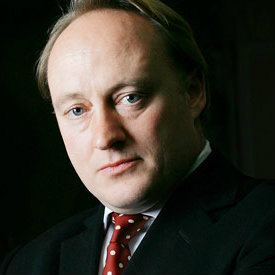
Andrew Roberts
Andrew Roberts is presently a Visiting Professor at the War Studies Department at King’s College, London and the Lehrman Institute Lecturer at the New-York Historical Society. He is the author or editor of numerous books, including Masters and Commanders, which won the Emery Reves Award of the International Churchill Society and was shortlisted for The Duke of Westminster’s Gold Medal for Military History and The British Army Military Book Award. He is presently writing a biography of Sir Winston Churchill.
Mick Ryan
Mick Ryan is a retired major general in the Australian Army. He is now an adjunct fellow at the Center for Strategic and International Studies in Washington DC, and a non-resident fellow of the Lowy Institute in Sydney. In January 2023 Mick was also appointed as an Adjunct Professor at the University of Queensland in Brisbane, Australia.
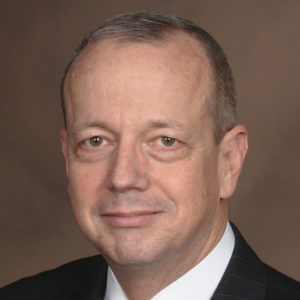
John R. Allen
John R. Allen is President of the Brookings Institution and a retired U.S. Marine Corps four-star general. He previously served as commander of the International Security Assistance Force in Afghanistan and special presidential envoy to the Global Coalition to Counter ISIL.
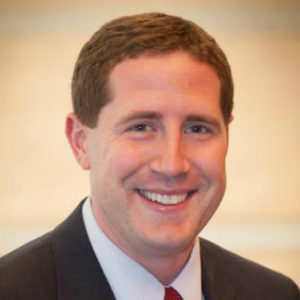
Christopher J. Griffin
Christopher Griffin is a national security expert, specializing in U.S. foreign and defense policy toward the Asia-Pacific. He served as legislative director to Senator Joseph I. Lieberman, advising the senator on the full range of legislative proposals and key votes. He serves as a Field Artillery Officer in the Army National Guard.
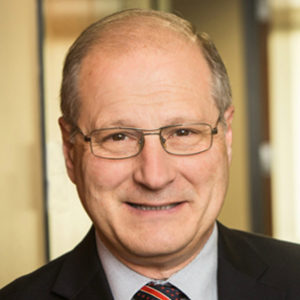
Eric S. Edelman
Ambassador Eric S. Edelman is Counselor at the Center for Strategic and Budgetary Assessments. He retired as a career minister from the U.S. Foreign Service on May 1, 2009. He has served in senior positions at the Departments of State and Defense as well as the White House, where he led organizations providing analysis, strategy, policy development, security services, trade advocacy, public outreach, citizen services, and congressional relations.
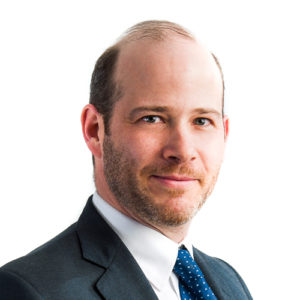
Eric Brown
Eric Brown is a Senior Research Scientist at the College of William & Mary’s Global Research Institute, where he is developing research and educational programs on world politics, applied history, and security. Prior to joining GRI in 2022, Brown was a senior fellow at Hudson Institute.

William Inboden
William Inboden is Executive Director and William Powers, Jr. Chair at the Clements Center for National Security at the University of Texas-Austin. Previously he served as Senior Director for Strategic Planning on the National Security Council at the White House.
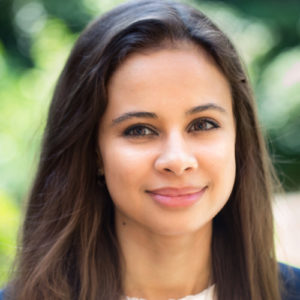
Nataliya Bugayova
Nataliya Bugayova is a Research Fellow at the Institute for the Study of War (ISW), where she leads the Russia and Ukraine portfolio. Her work focuses on the Kremlin’s foreign policy decision-making and ongoing global campaigns. Prior to ISW, she was the Chief Executive Officer of the Kyiv Post, Ukraine’s independent English-language publication.
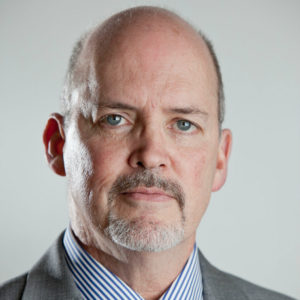
Gary Schmitt
Gary J. Schmitt is a senior fellow in the Social, Cultural, and Constitutional Studies program at the American Enterprise Institute (AEI), where he studies issues related to the American presidency, the U.S. constitution and its principles, and American civic life.
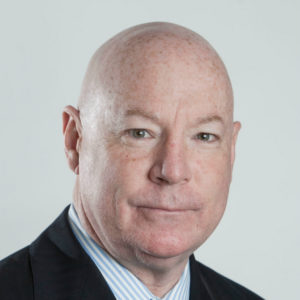
Thomas Donnelly
Thomas Donnelly, a defense and security policy analyst, is the co-director of the Marilyn Ware Center for Security Studies at AEI. From 1995 to 1999, he was policy group director and a professional staff member for the House Committee on Armed Services.
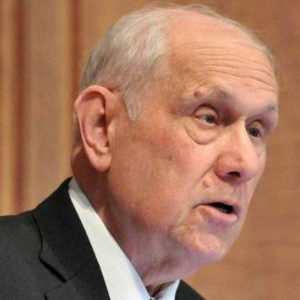
Donald Kagan
Donald Kagan was the Sterling Professor Emeritus of Classics and History at Yale University. His four-volume History of the Peloponnesian War is the leading scholarly work on the subject. He was also the author of many books on ancient and modern topics, including On the Origins of War and the Preservation of Peace.

Jakub Grygiel
Jakub Grygiel is an Associate Professor at the Catholic University of America. From 2017–18, he was a member of the Policy Planning Staff at the U.S. Department of State. His most recent book is Return of the Barbarians: Confronting Non-State Actors from Ancient Rome to the Present.

Elbridge Colby
Elbridge Colby is co-founder and principal of The Marathon Initiative, a policy initiative focused on developing strategies to prepare the United States for an era of sustained great power competition. He is the author of The Strategy of Denial: American Defense in an Age of Great Power Conflict (Yale University Press, 2021). Previously, Colby was from 2018-2019 the Director of the Defense Program at the Center for a New American Security, where he led the Center’s work on defense issues.
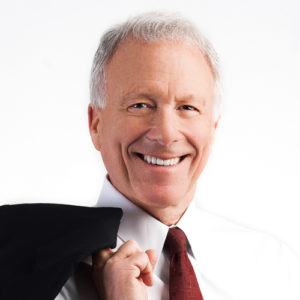
Lewis Libby
Lewis “Scooter” Libby is a distinguished fellow at the Foundation for Defense of Democracies. He has held several high level positions in the federal government related to his current work on national security and homeland security affairs. This included roughly a dozen years working in the White House, the U.S. Department of Defense, and the U.S. Department of State.
Paul Wolfowitz
Paul Wolfowitz is a scholar at the American Enterprise Institute. He spent more than three decades in public service and higher education. Most recently, he served as president of the World Bank and deputy secretary of defense.
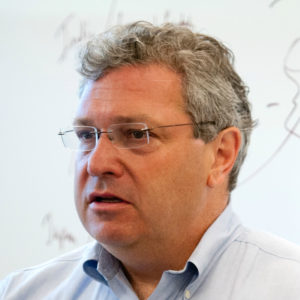
Robert Kagan
Robert Kagan is a senior fellow with the Project on International Order and Strategy in the Foreign Policy program at the Brookings Institution. He is a contributing columnist at The Washington Post. His most recent book is The New York Times bestseller, The World America Made.
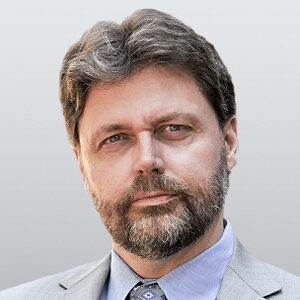
Colin Dueck
Colin Dueck is a professor in the Schar School of Policy and Government at George Mason University and a fellow at the American Enterprise Institute. He has worked as a foreign policy adviser on Republican presidential campaigns, and acted as a consultant for the State and Defense Departments and the National Security Council.

Robert Bartlett
Robert C. Bartlett is the Behrakis Professor of Hellenic Political Studies at Boston College. His principal area of research is classical political philosophy, with particular attention to the thinkers of ancient Hellas, including Thucydides, Plato, and Aristotle. He is the co-translator of a new edition of Aristotle’s Nicomachean Ethics.

Ryan Patrick Hanley
Ryan Patrick Hanley is Professor of Political Science at Boston College. His research in the history of political philosophy focuses on the Enlightenment. He is the author of Our Great Purpose: Adam Smith on Living a Better Life and Love’s Enlightenment: Rethinking Charity in Modernity.
Henry Olsen
Henry Olsen, a senior fellow at the Ethics and Public Policy Center, studies and provides commentary on American politics. Mr. Olsen is an opinion columnist for The Washington Post, where he writes daily pieces focusing on politics, populism, foreign affairs and American conservative thought.